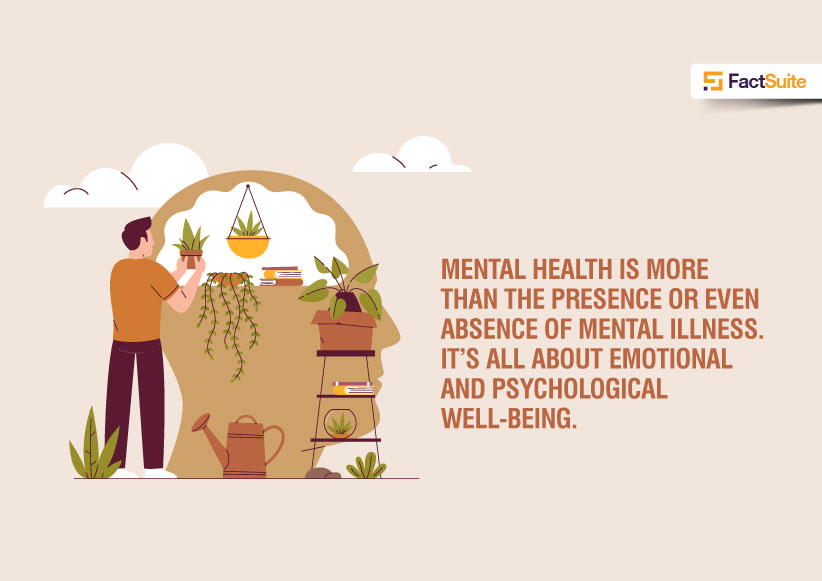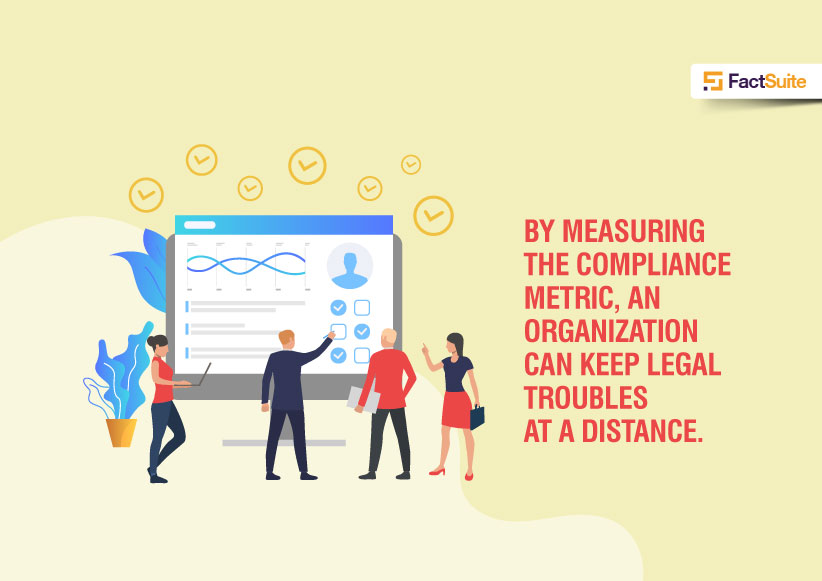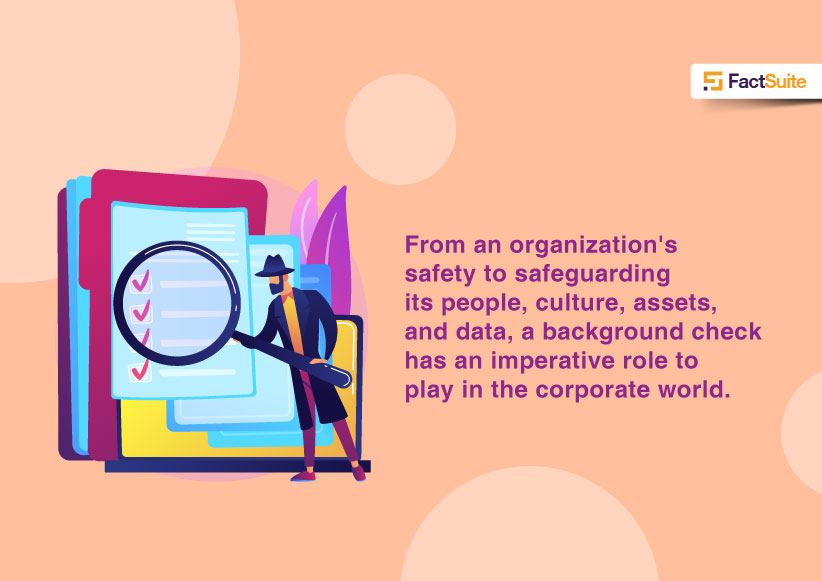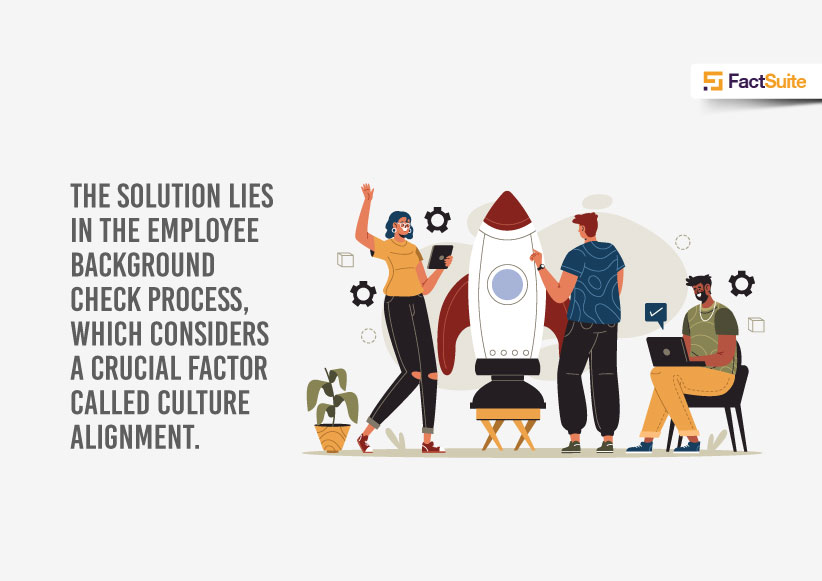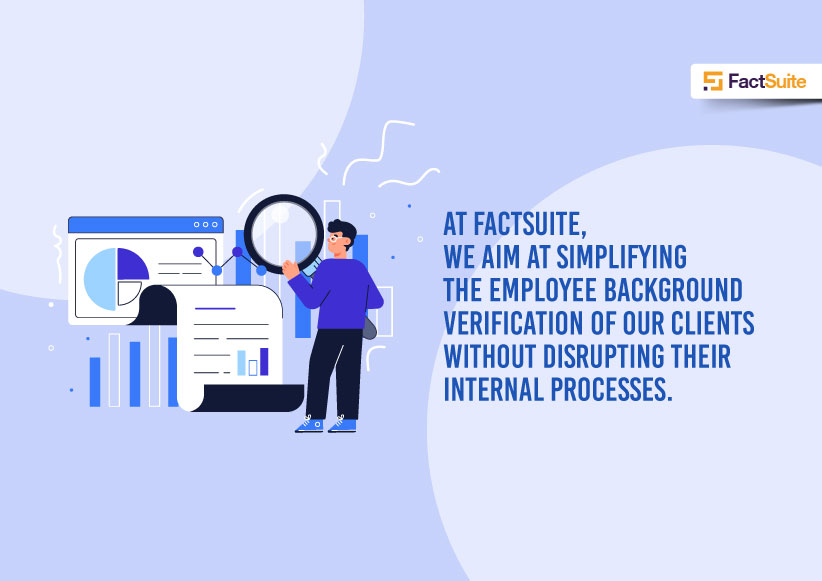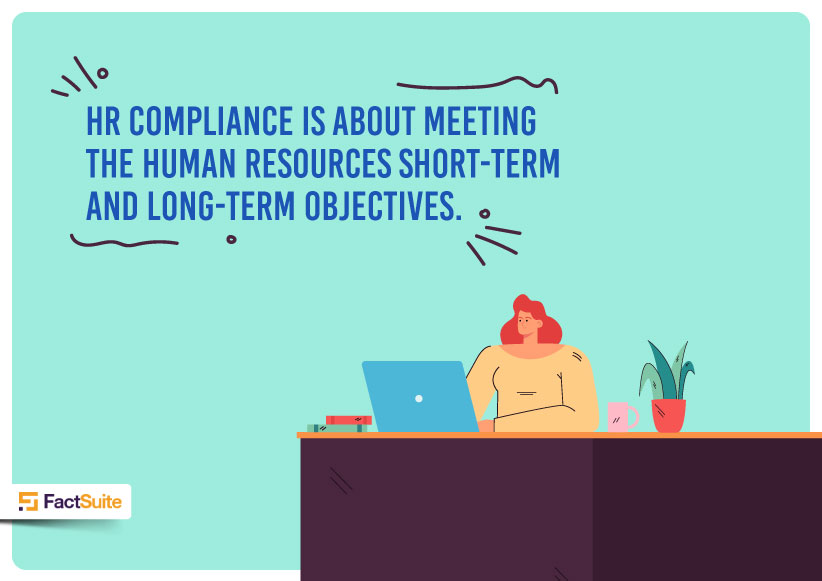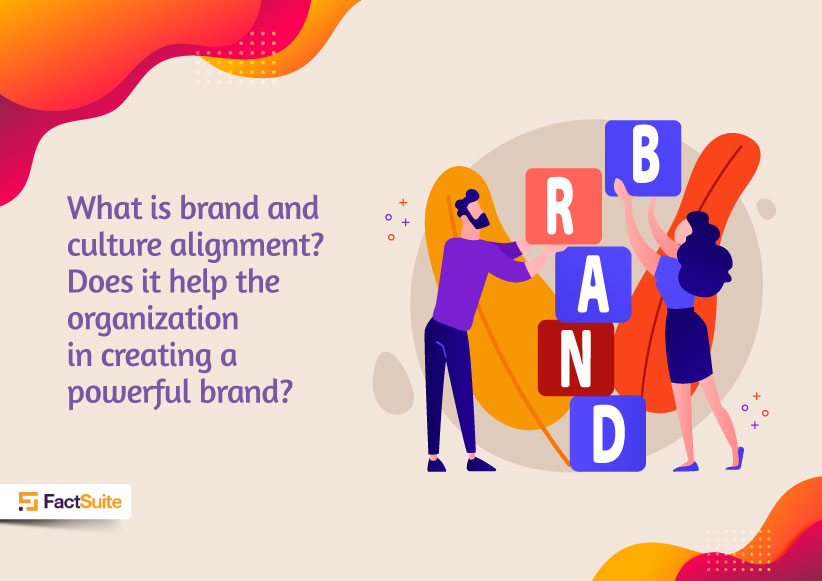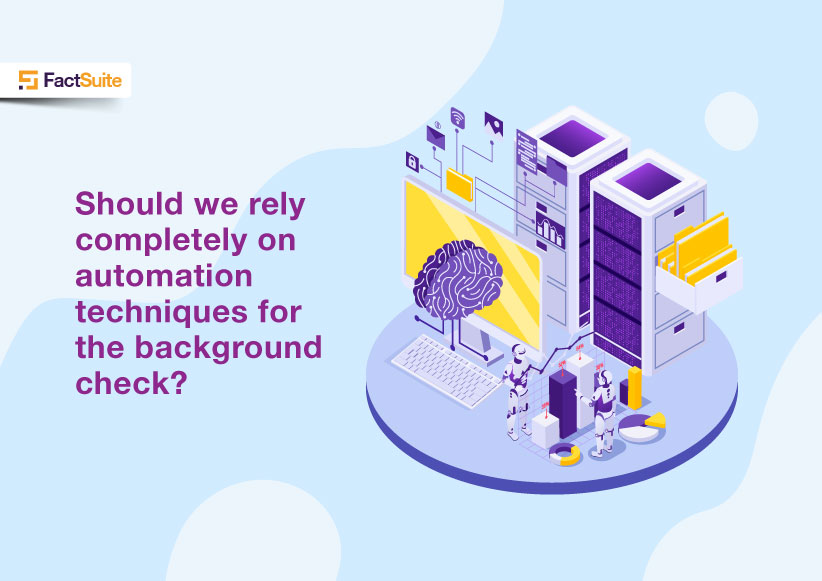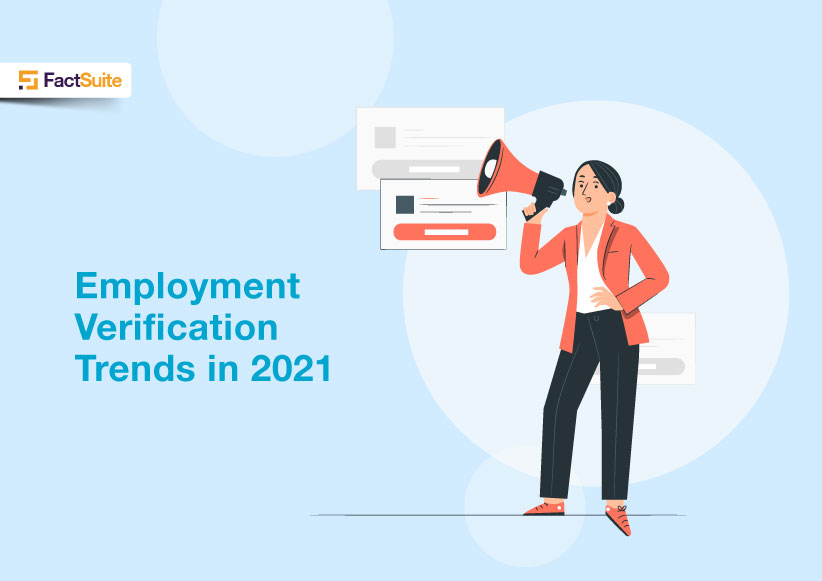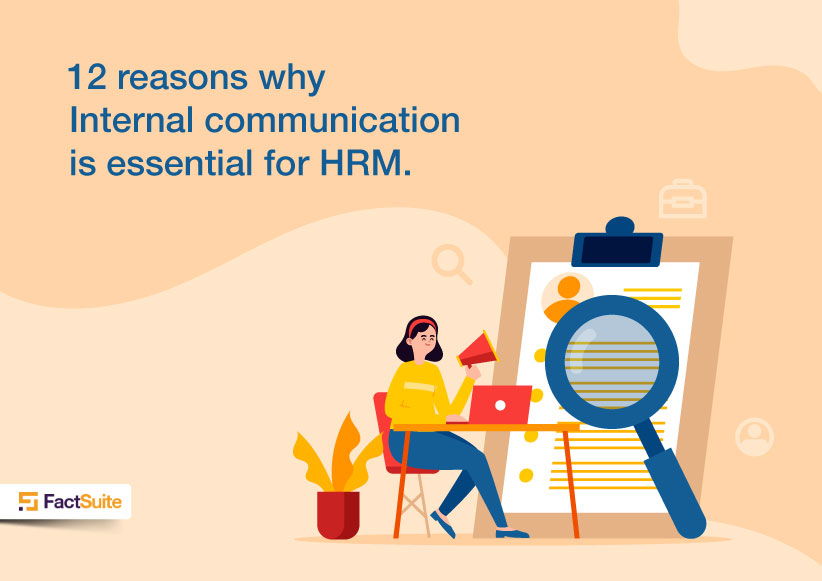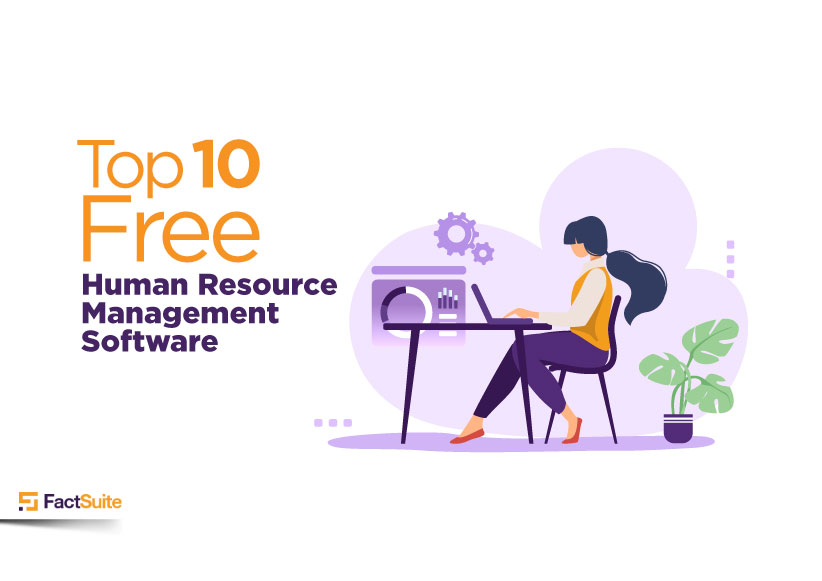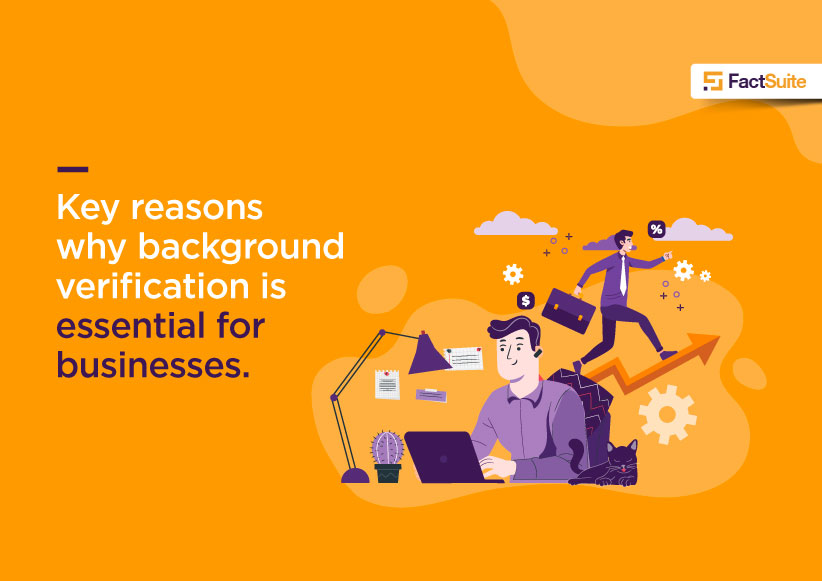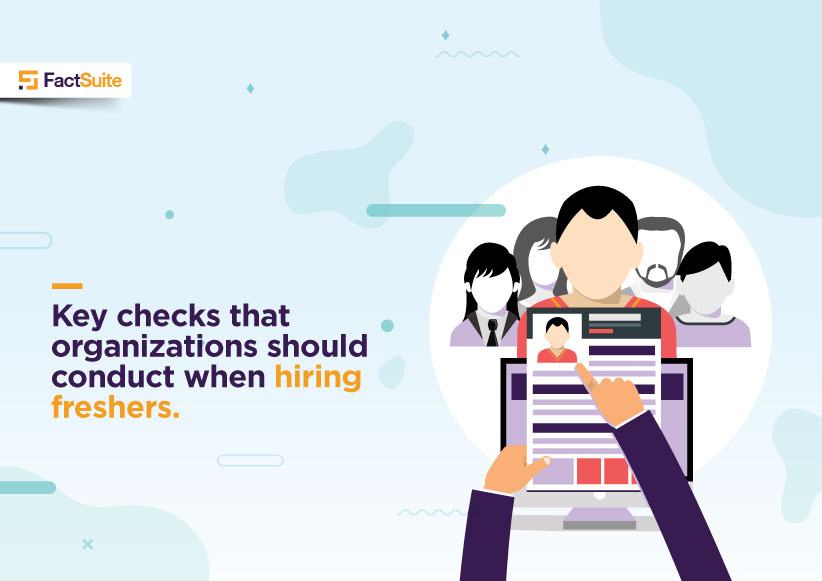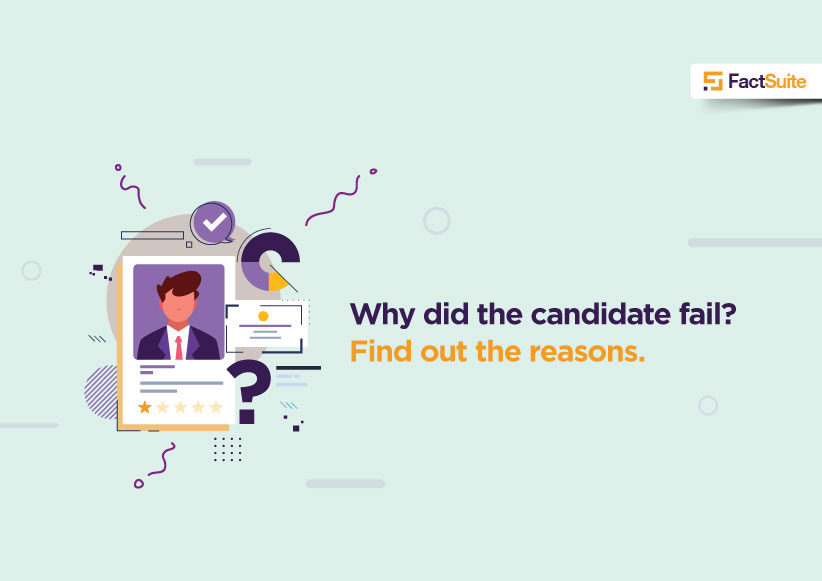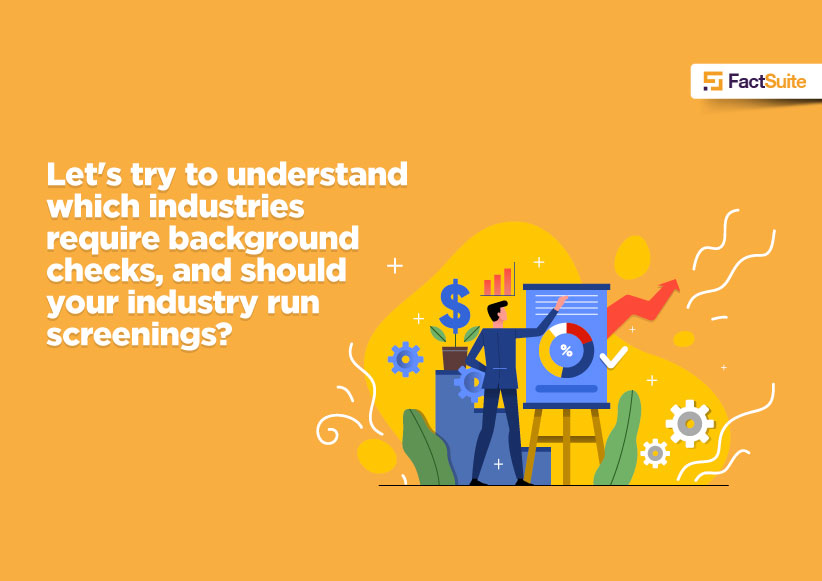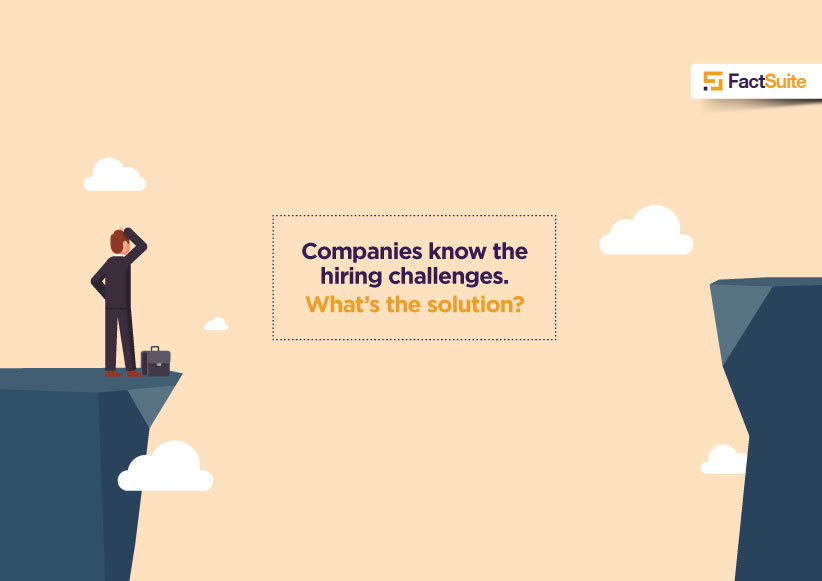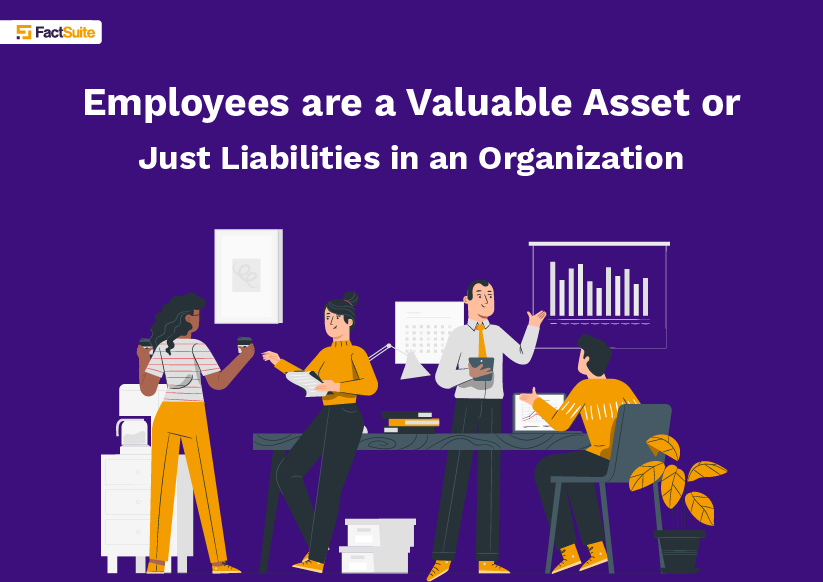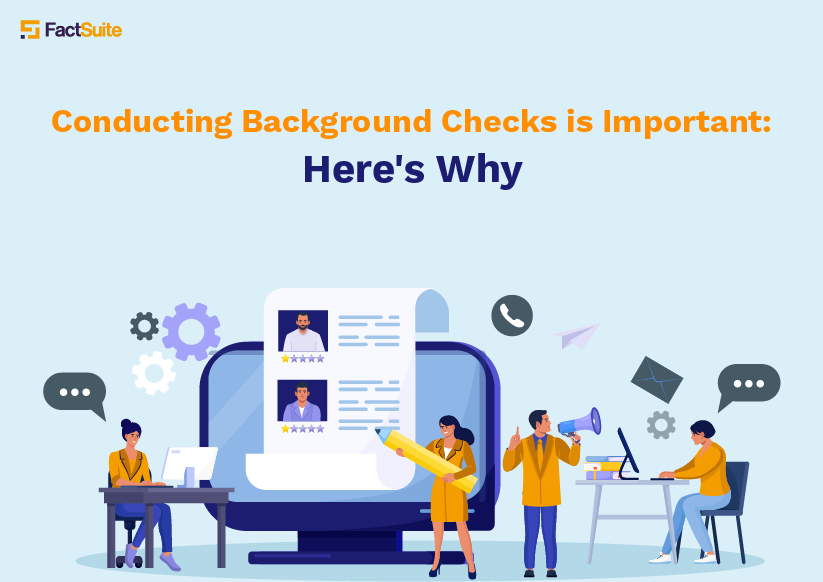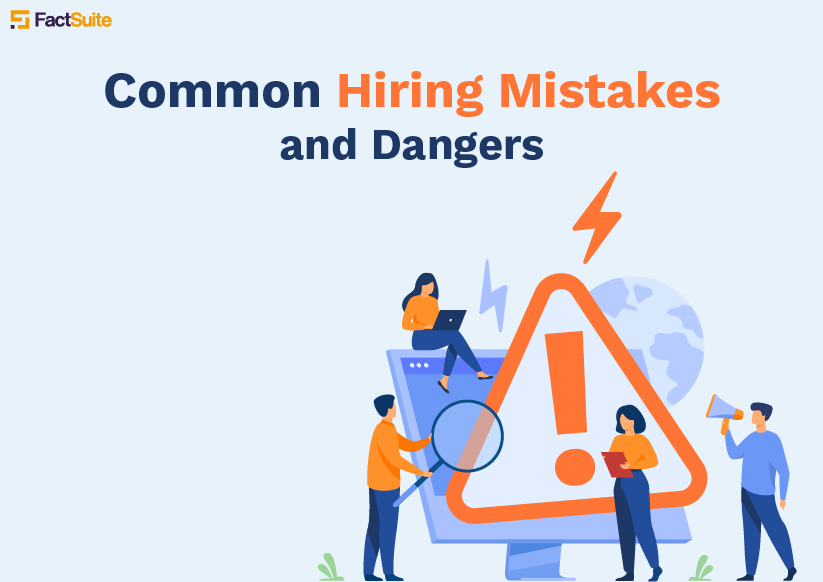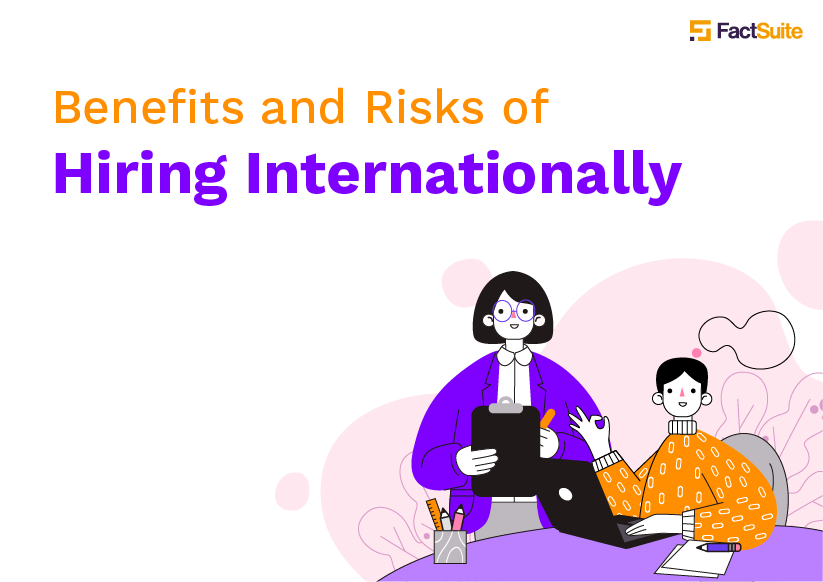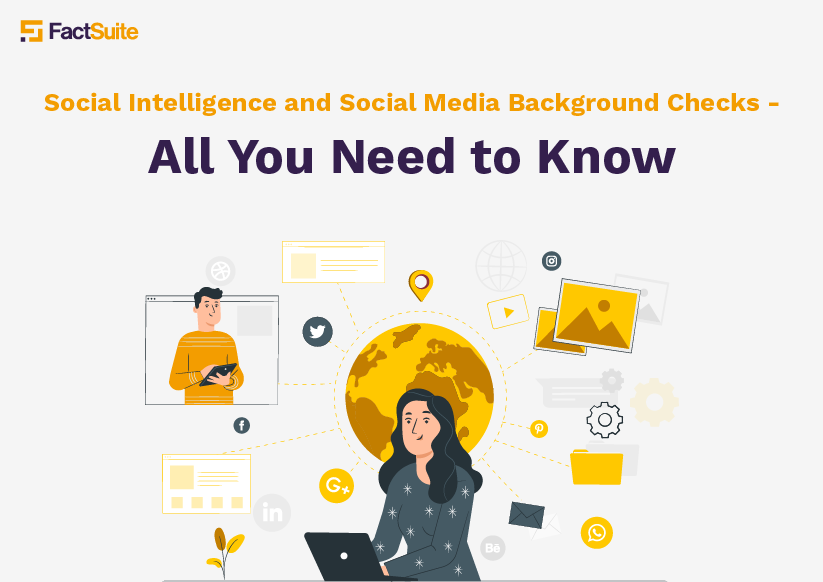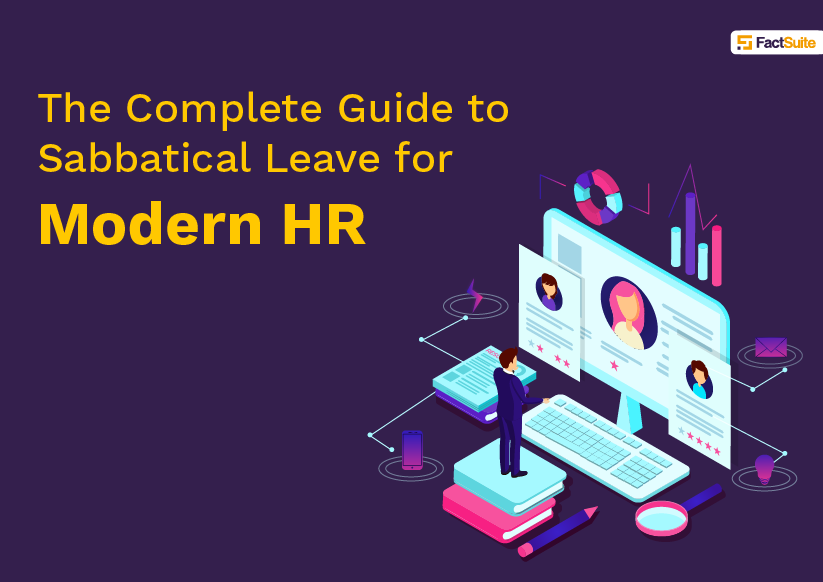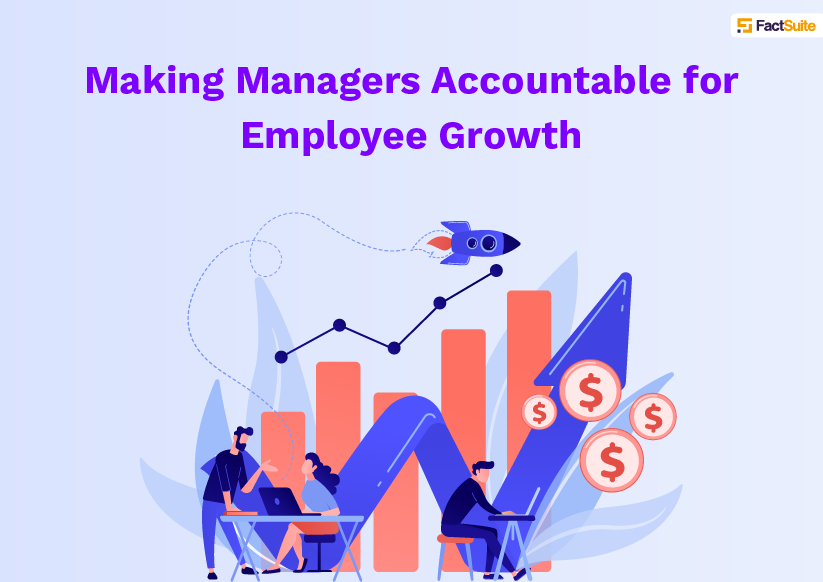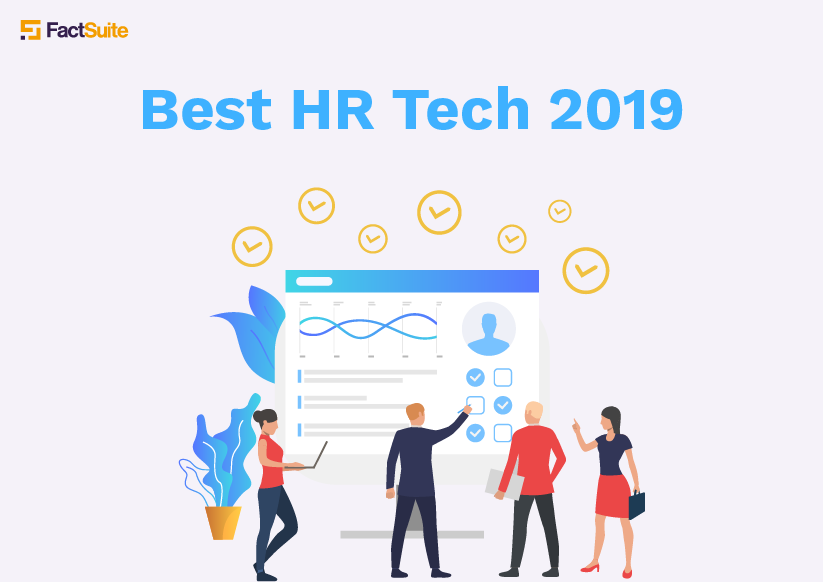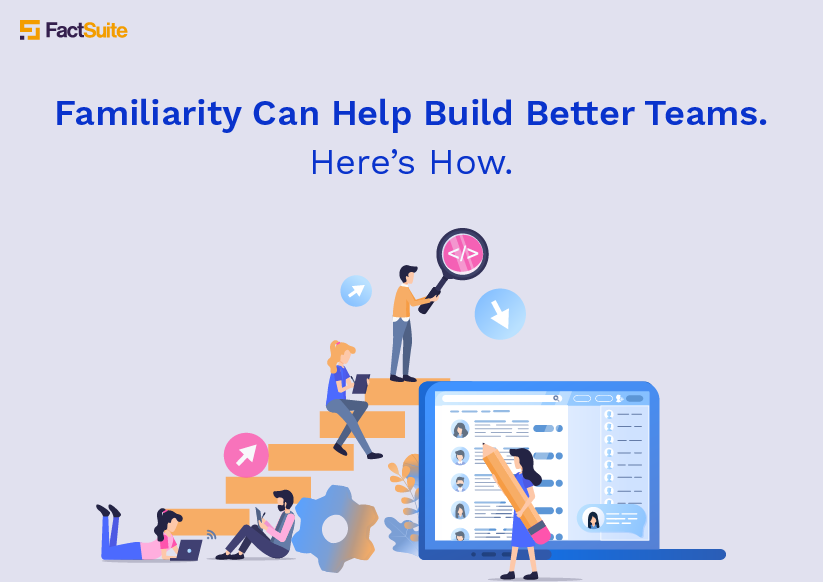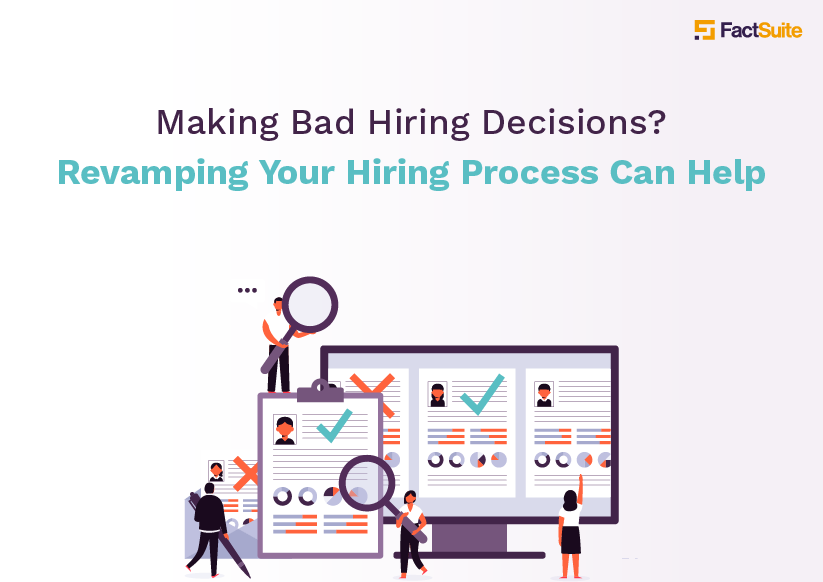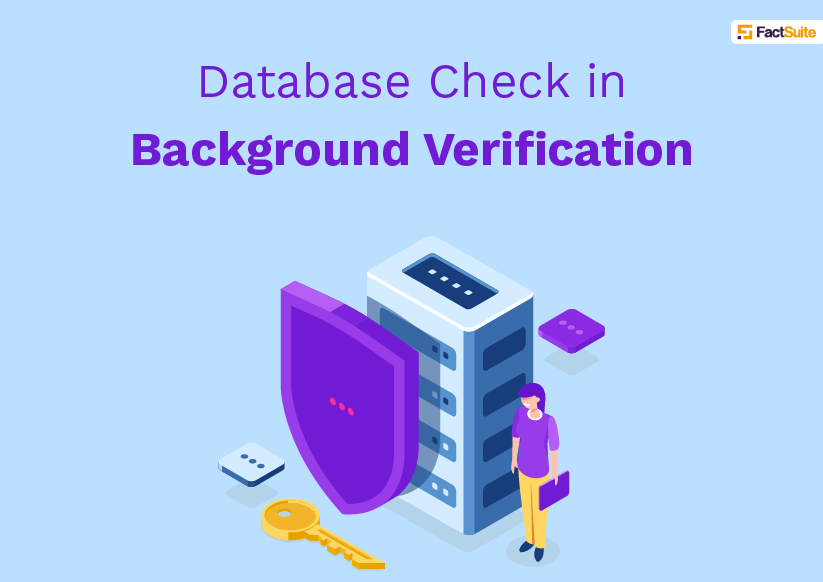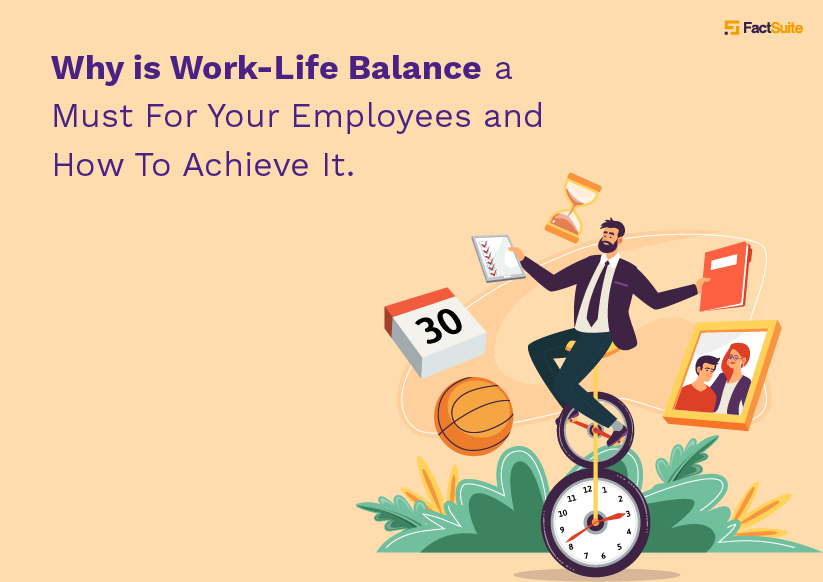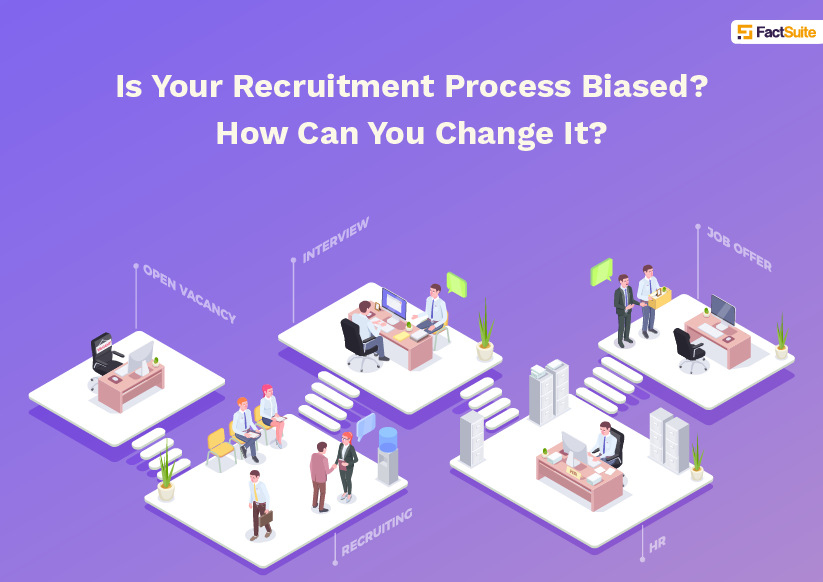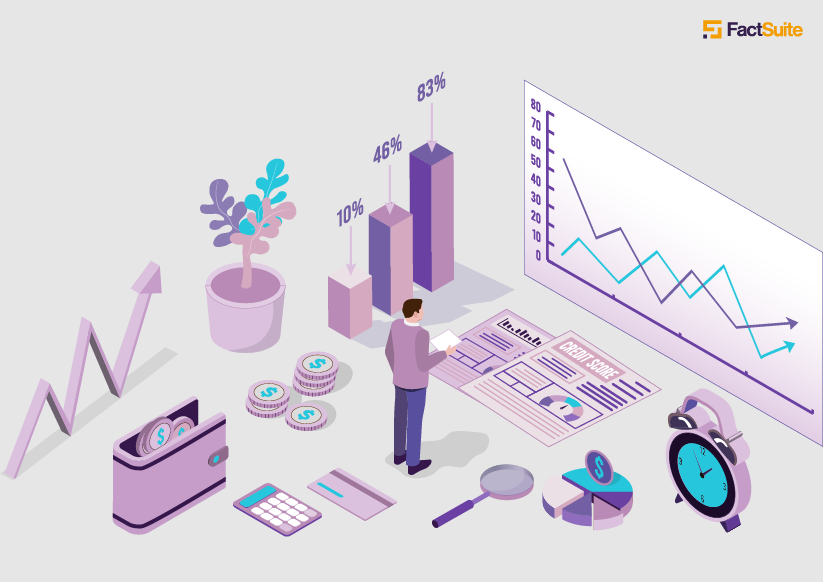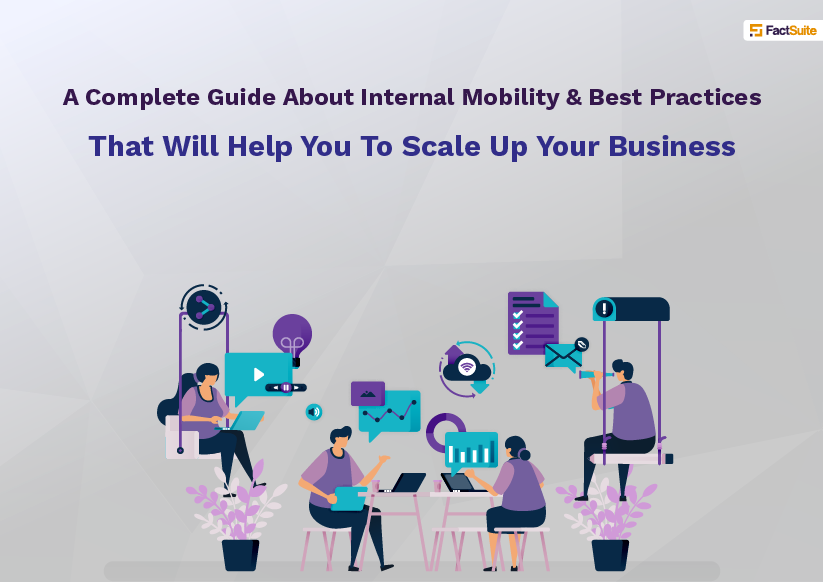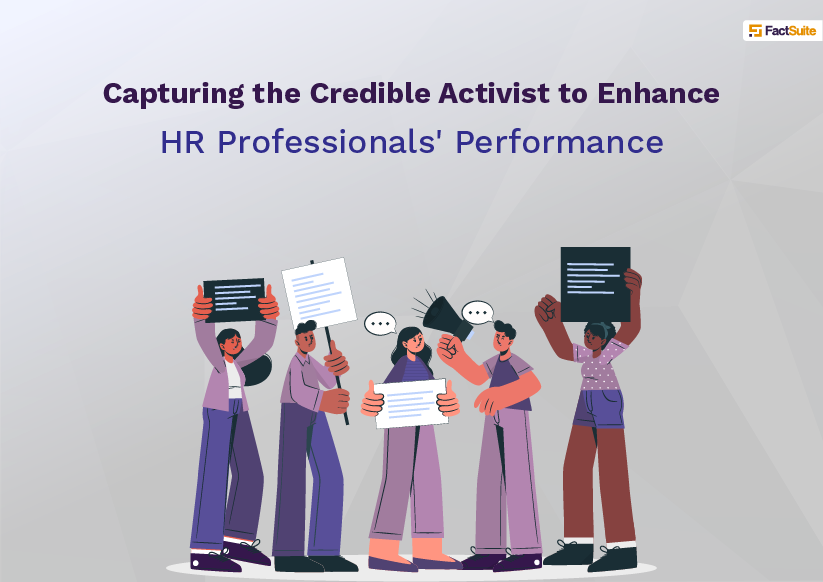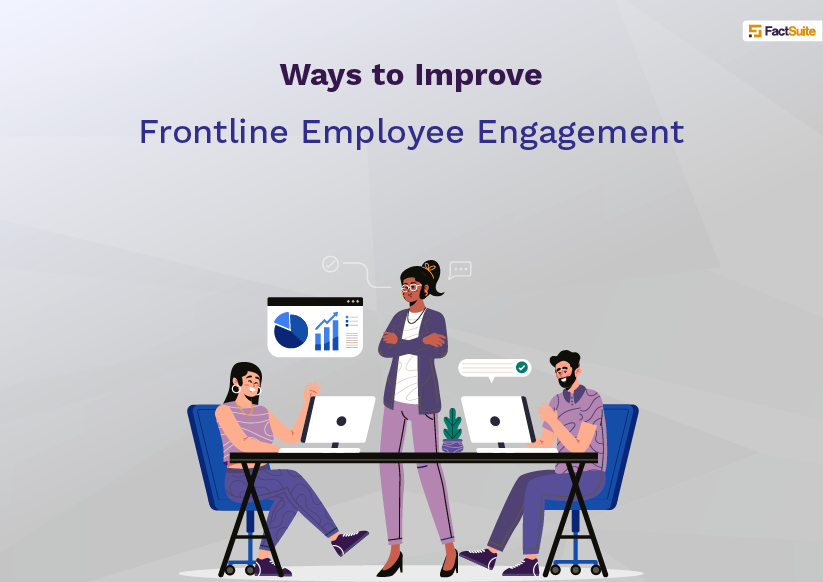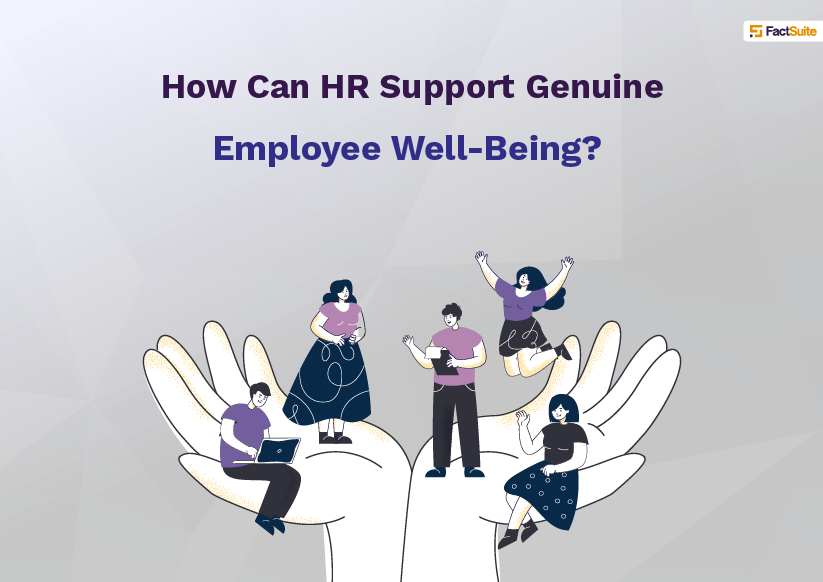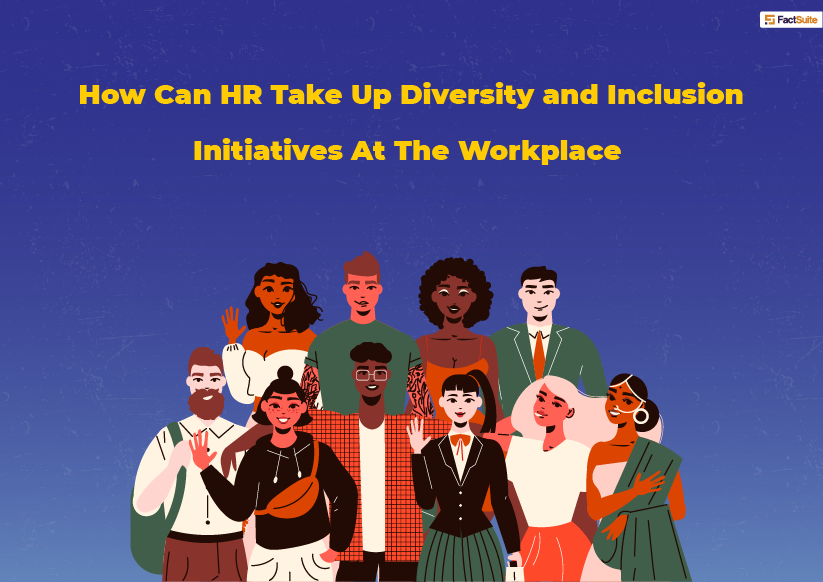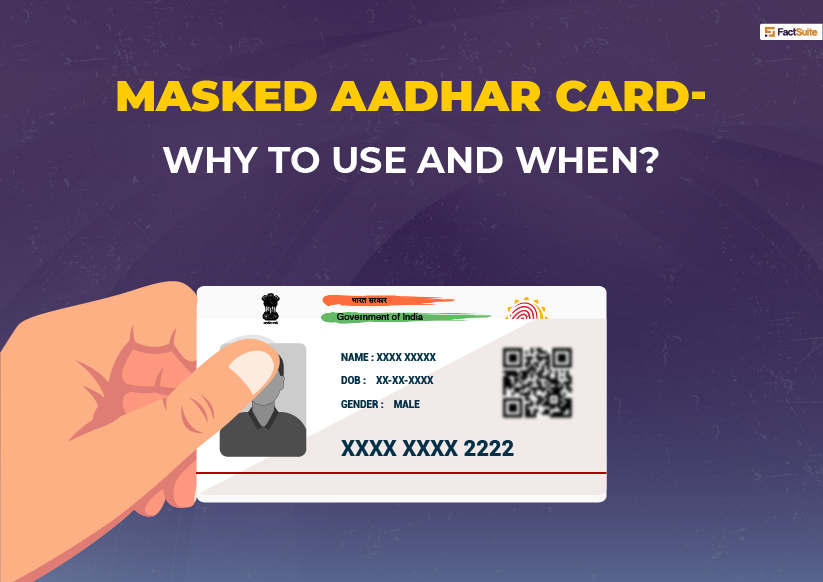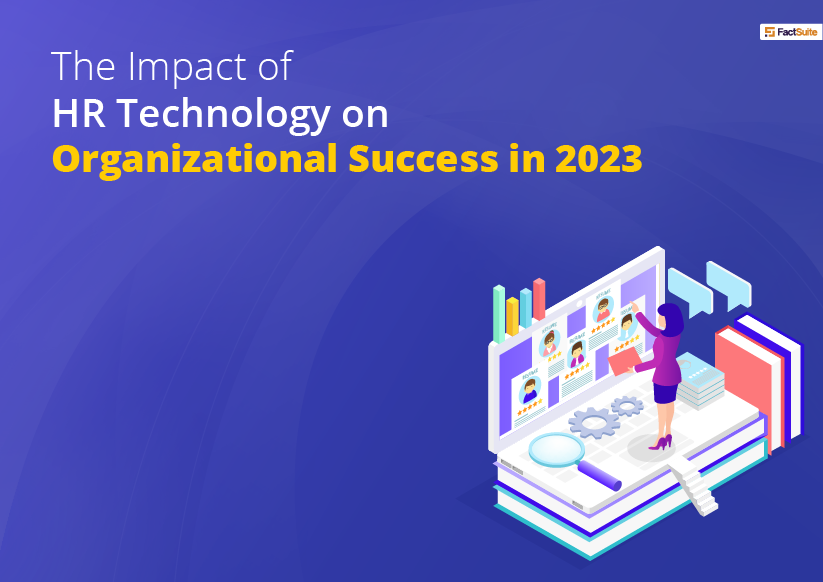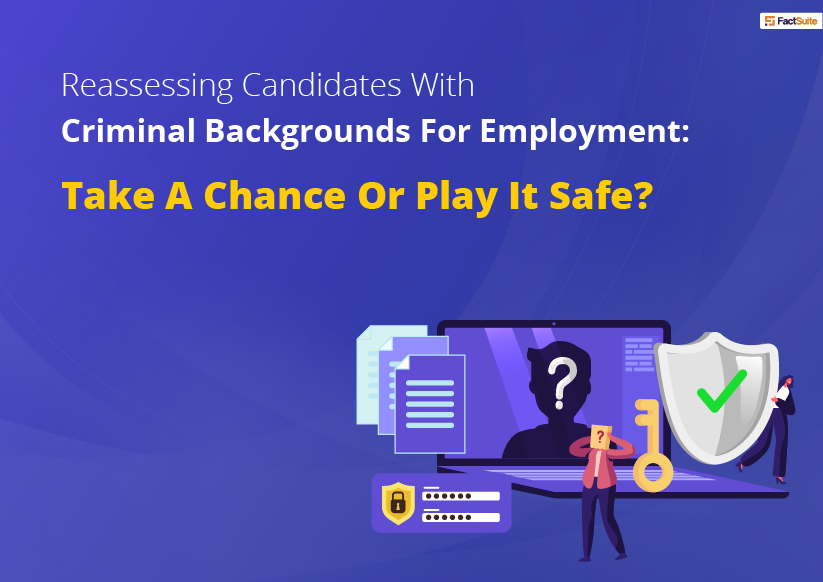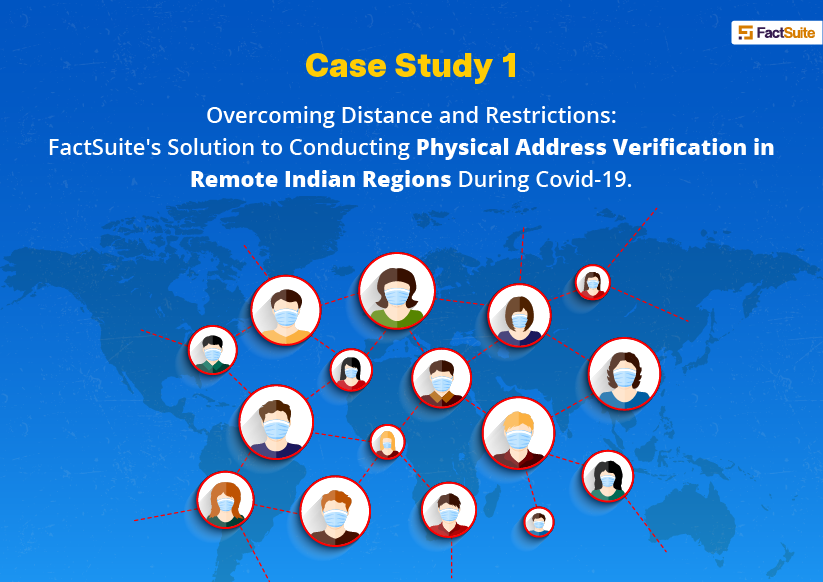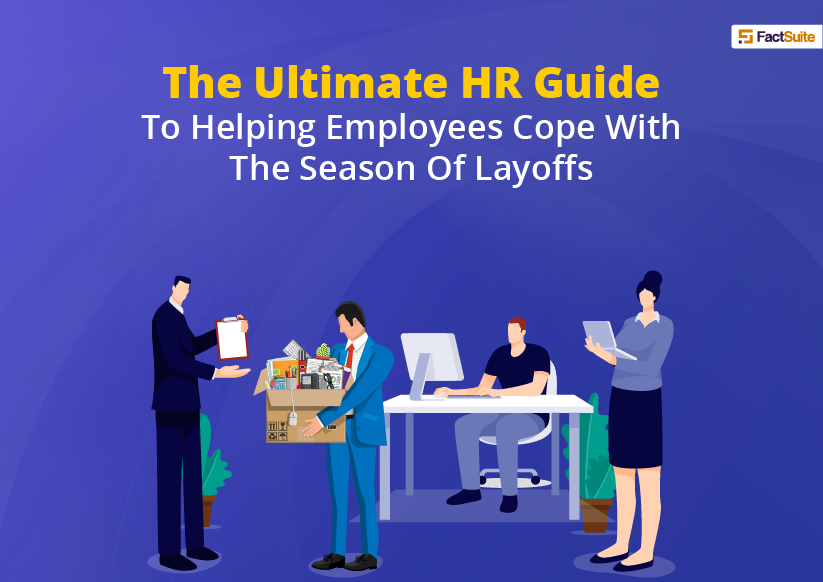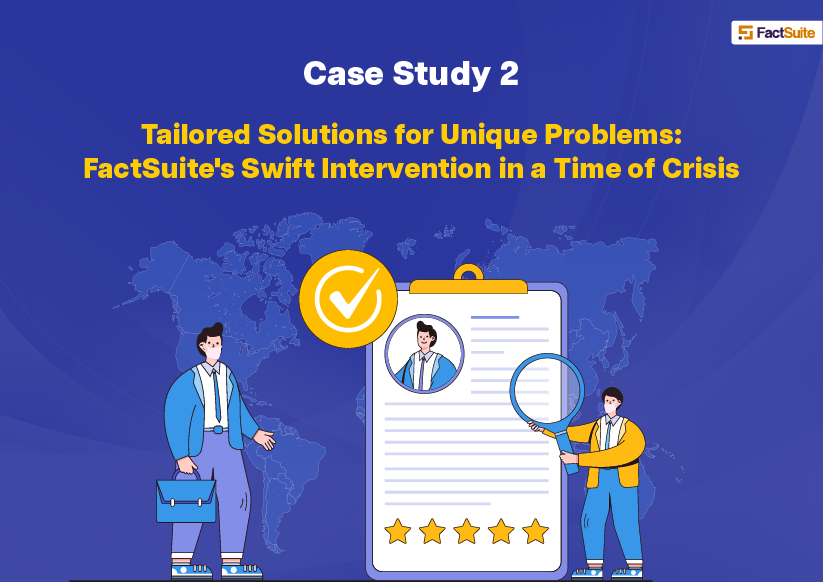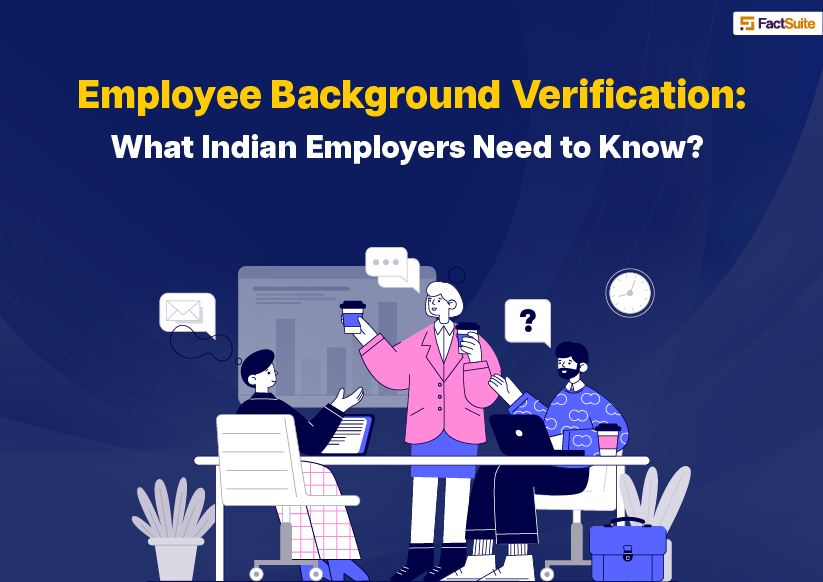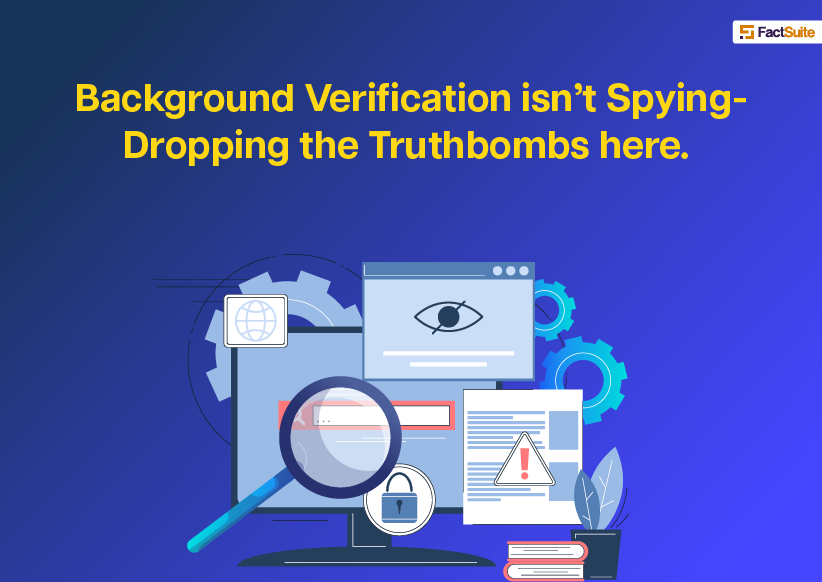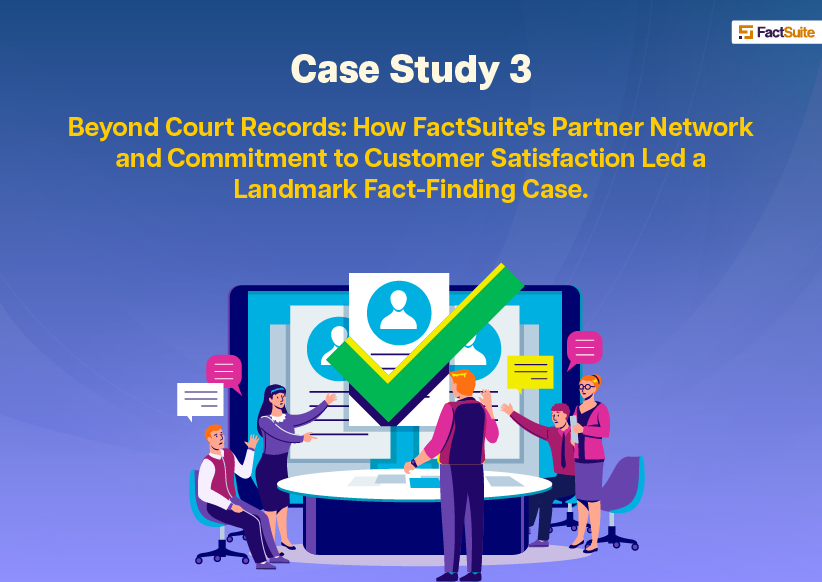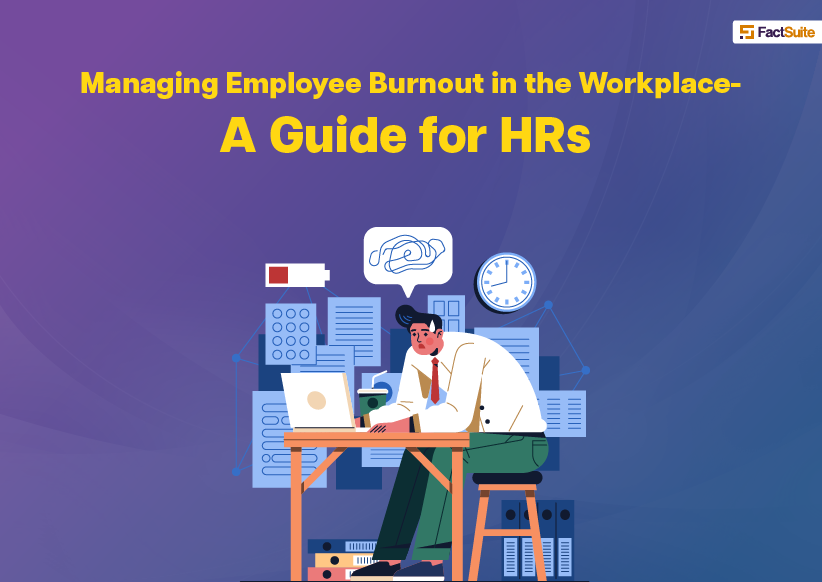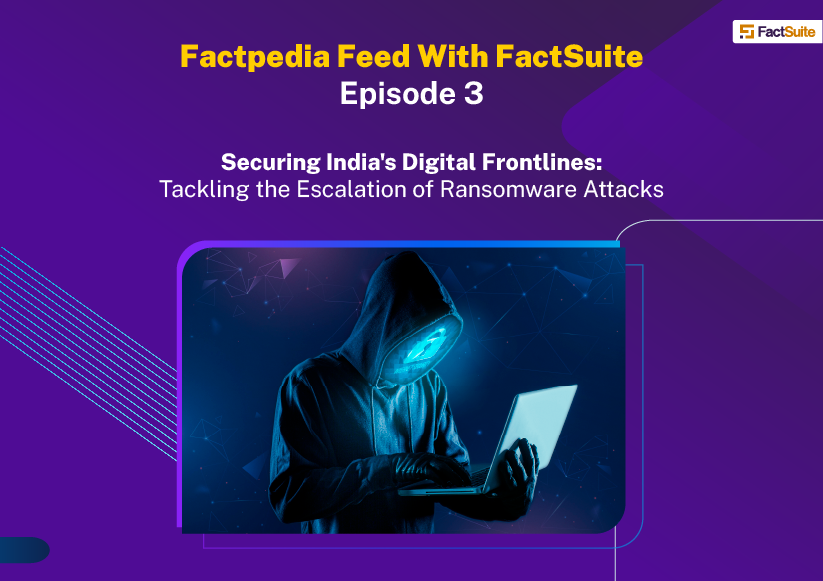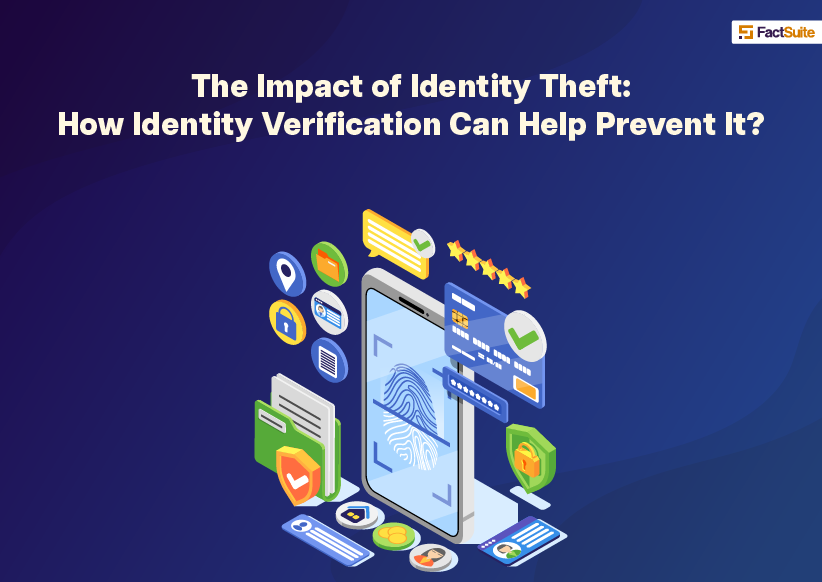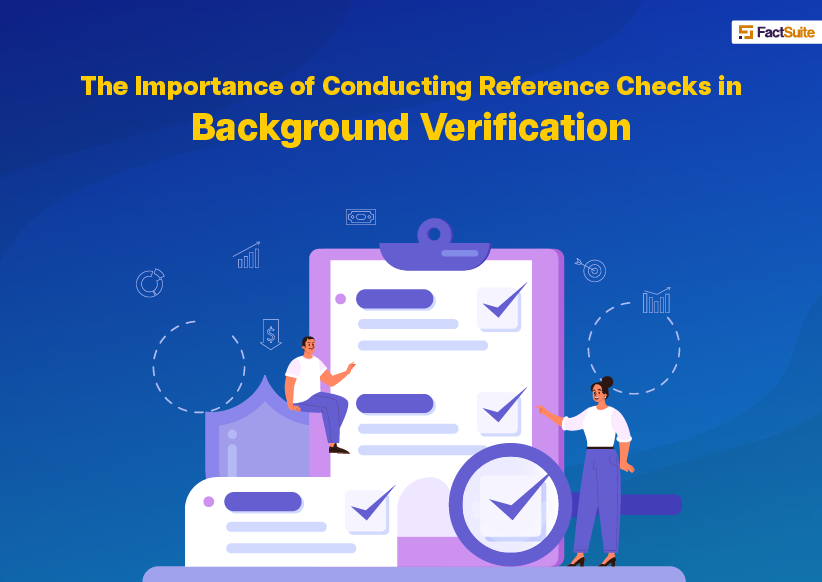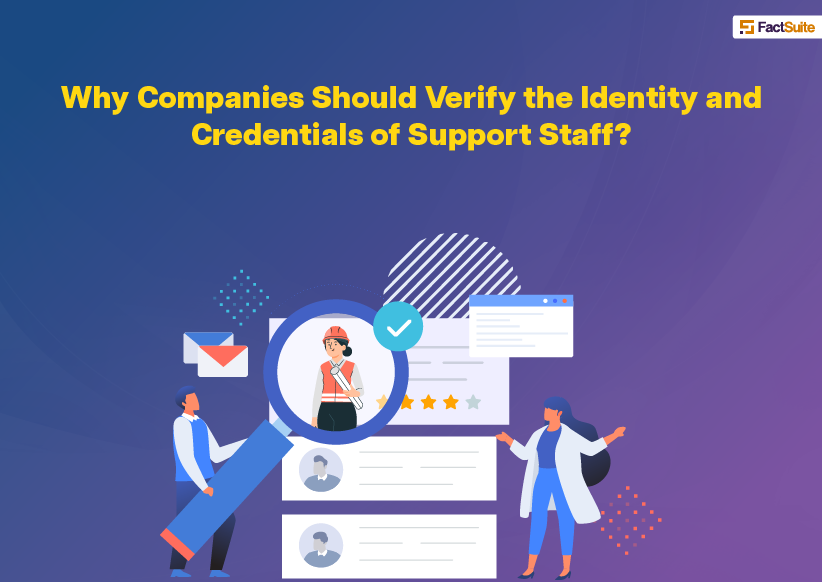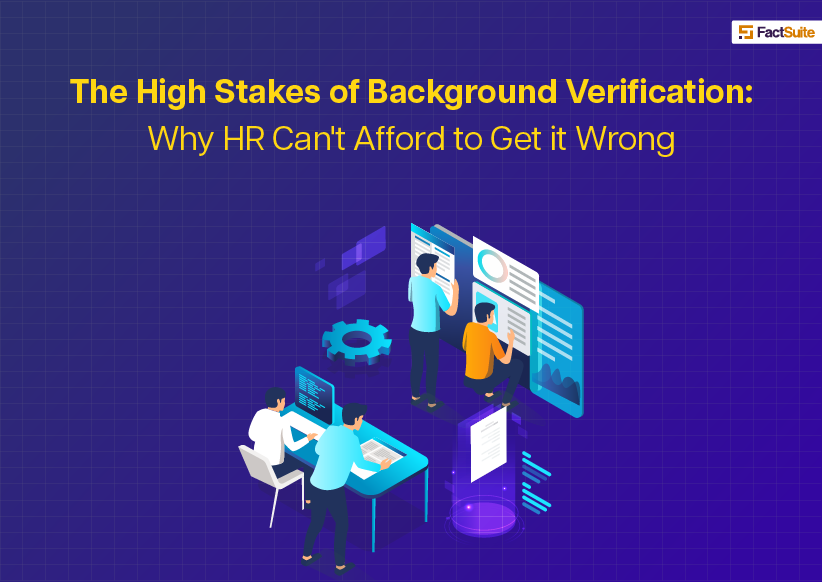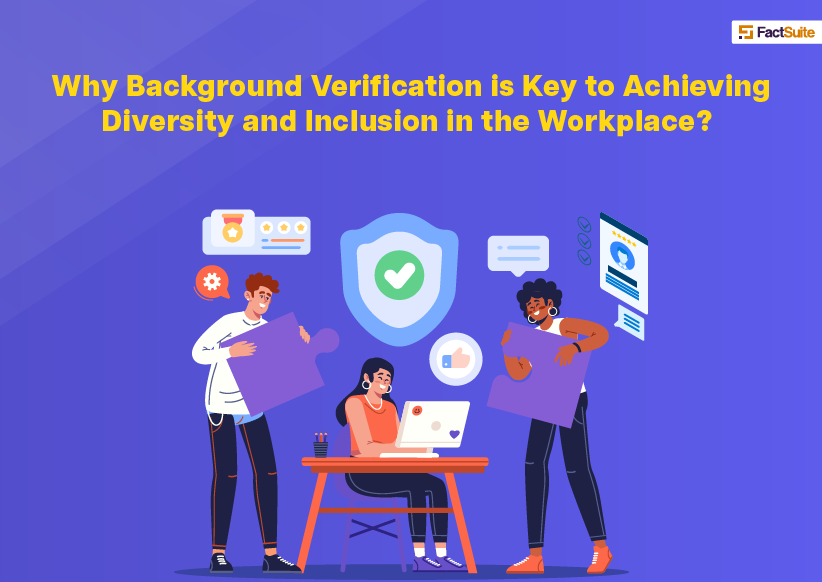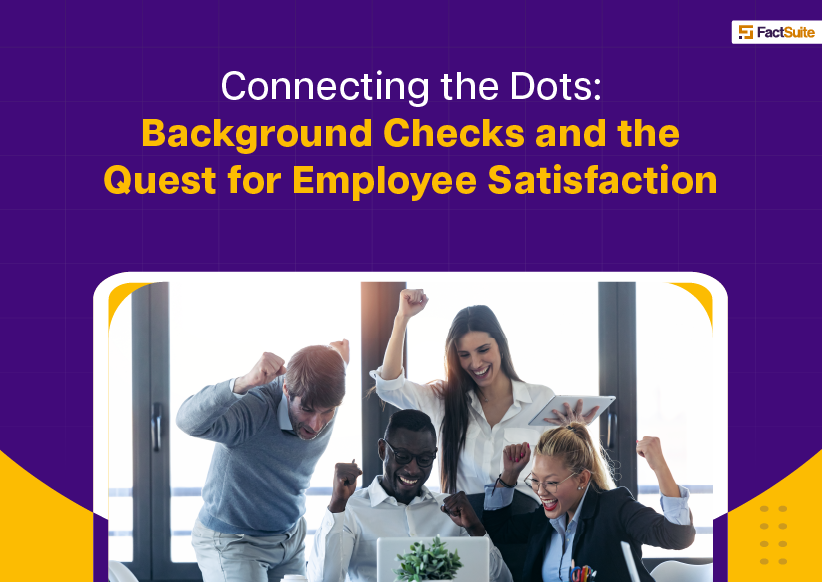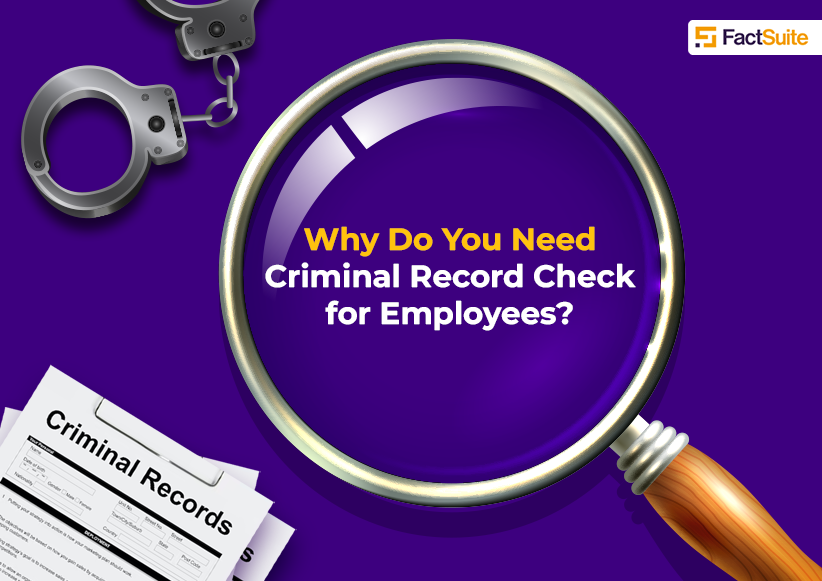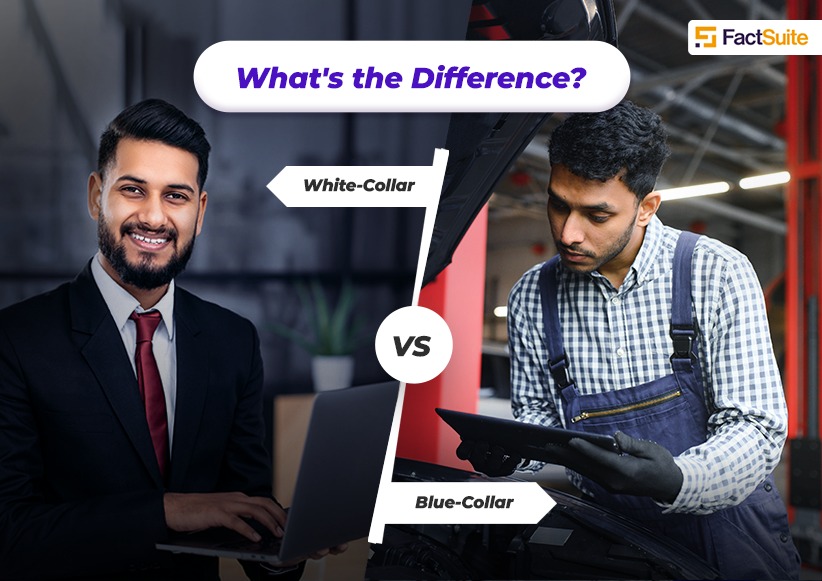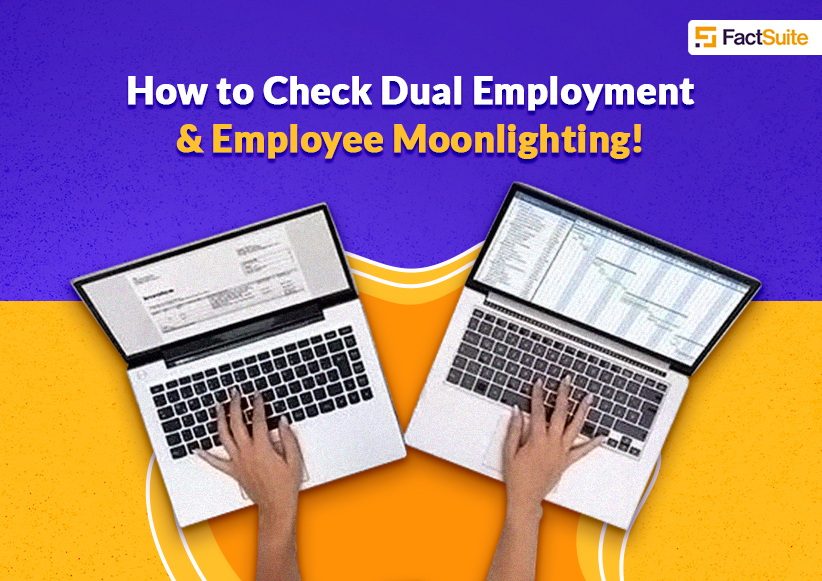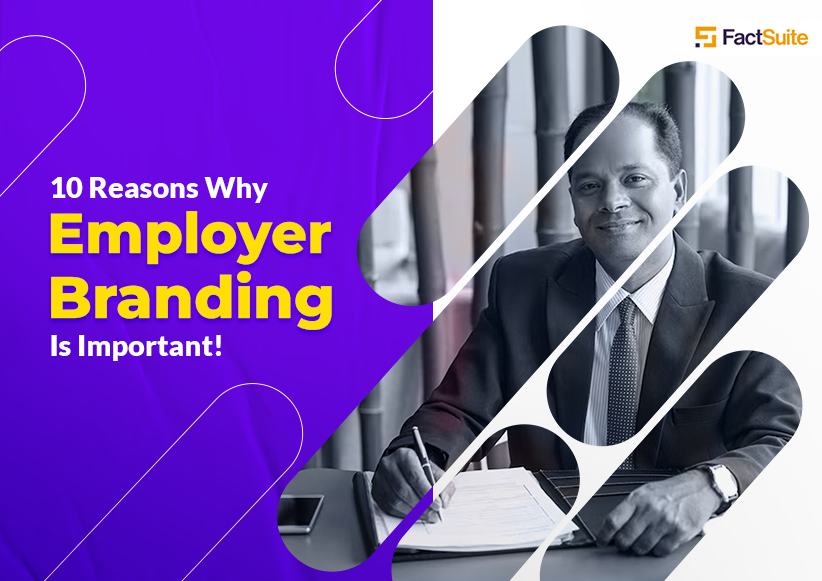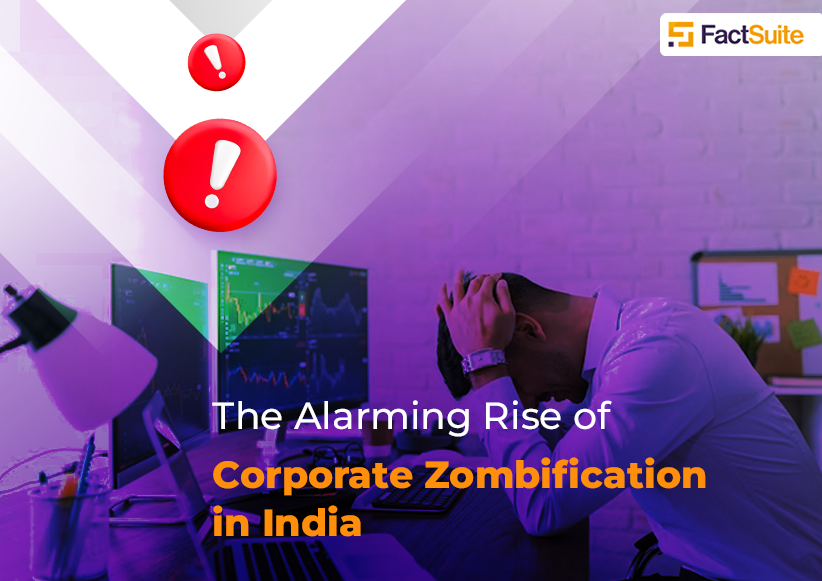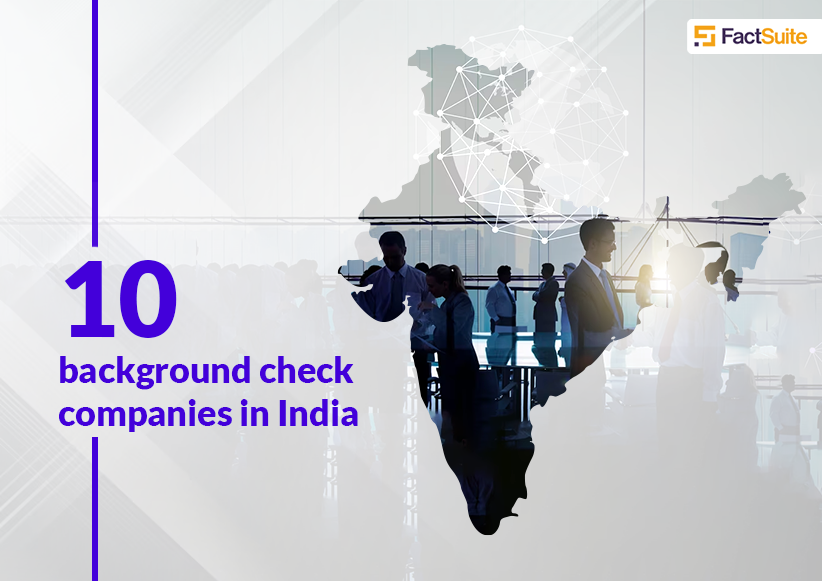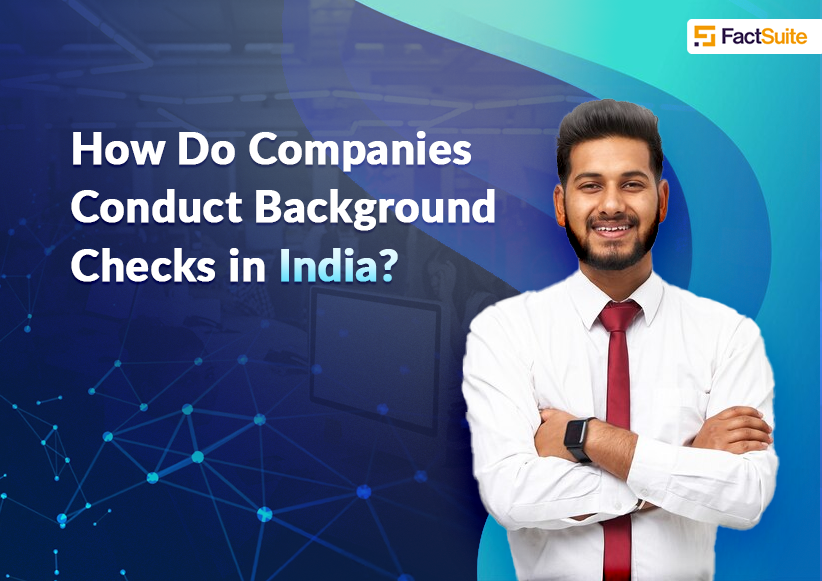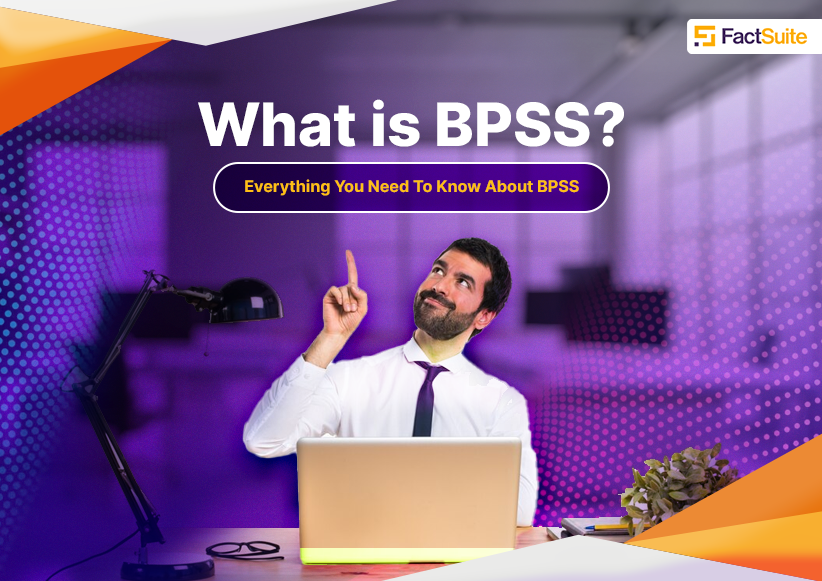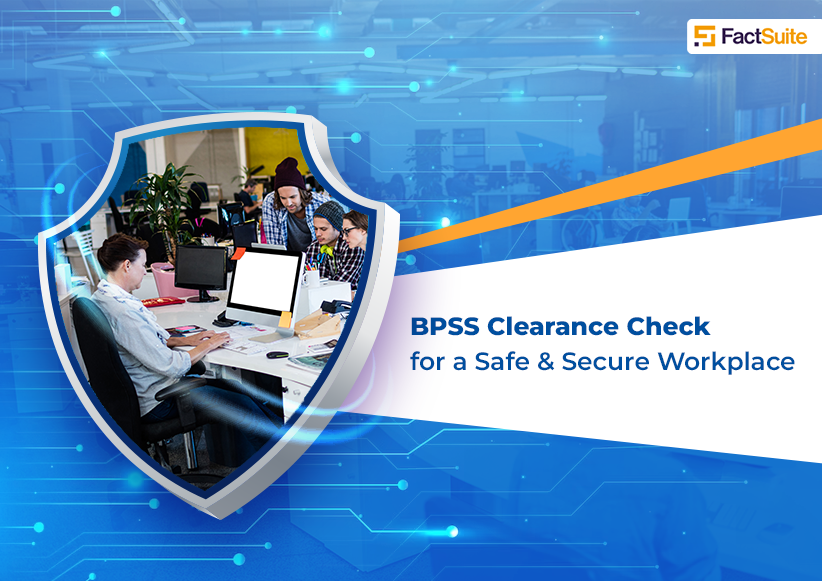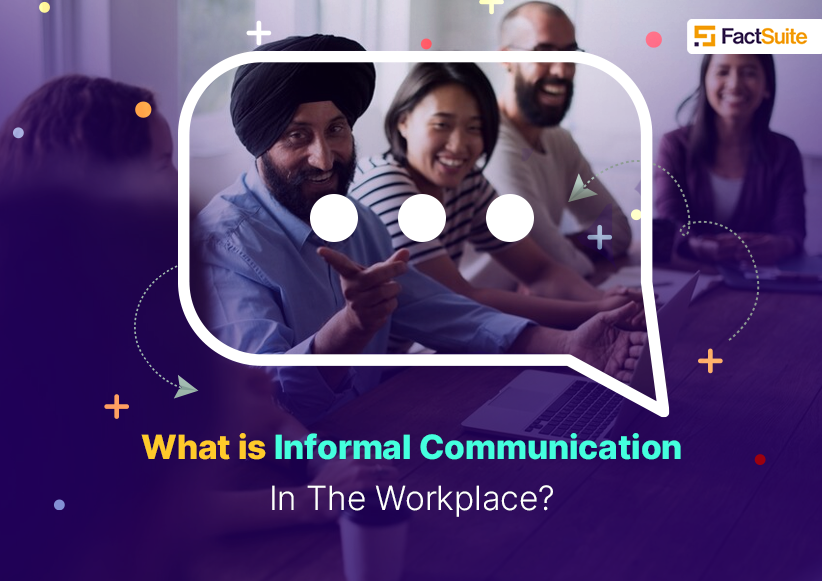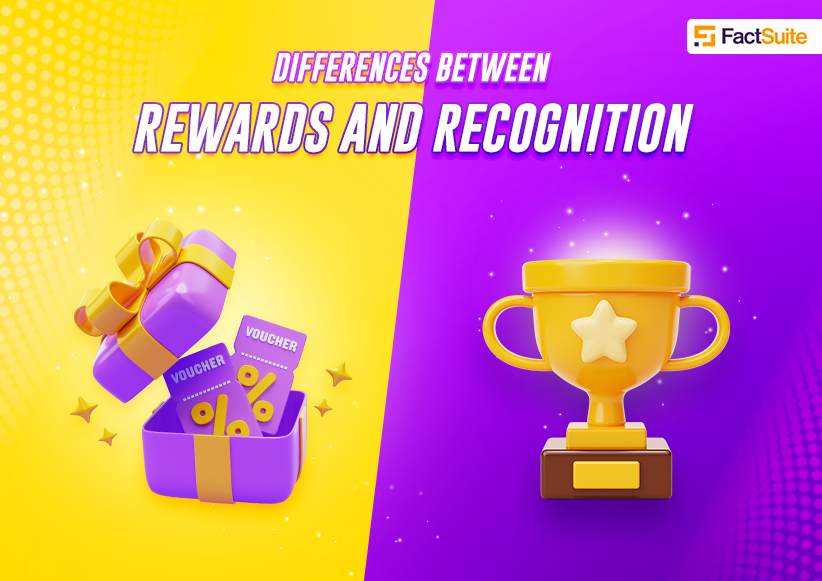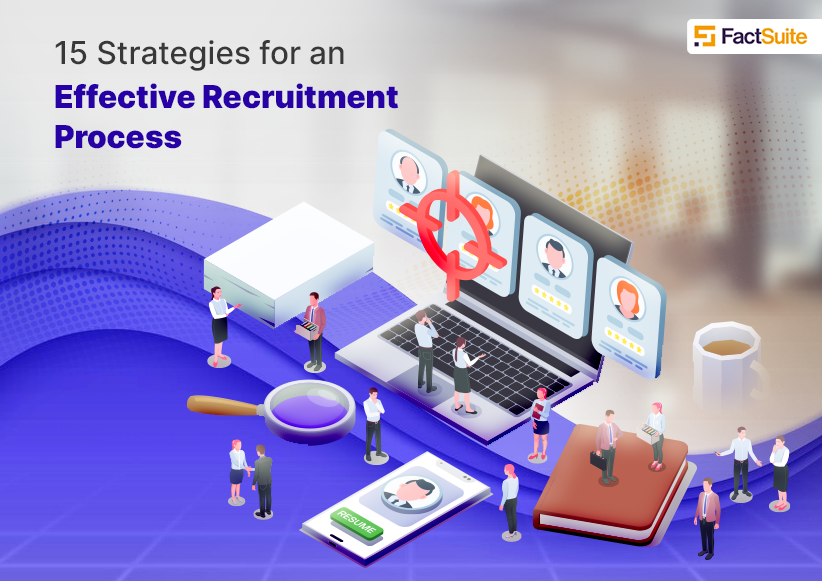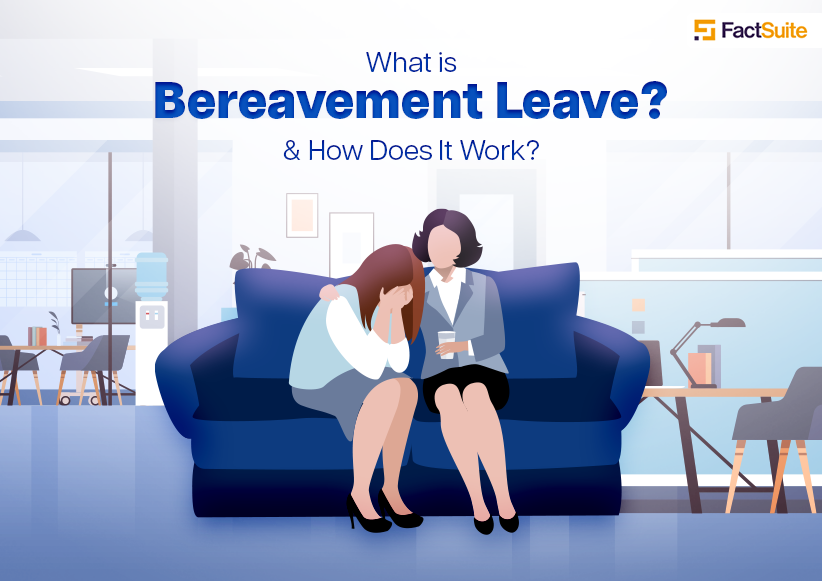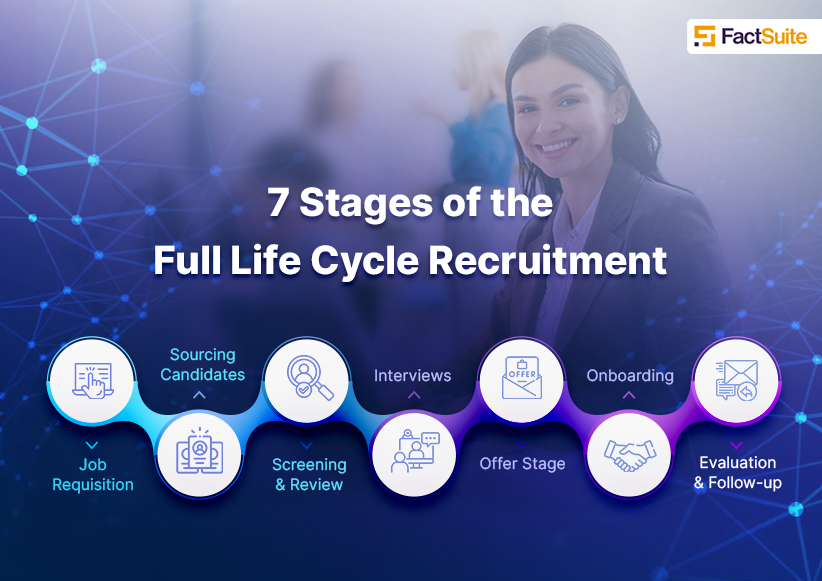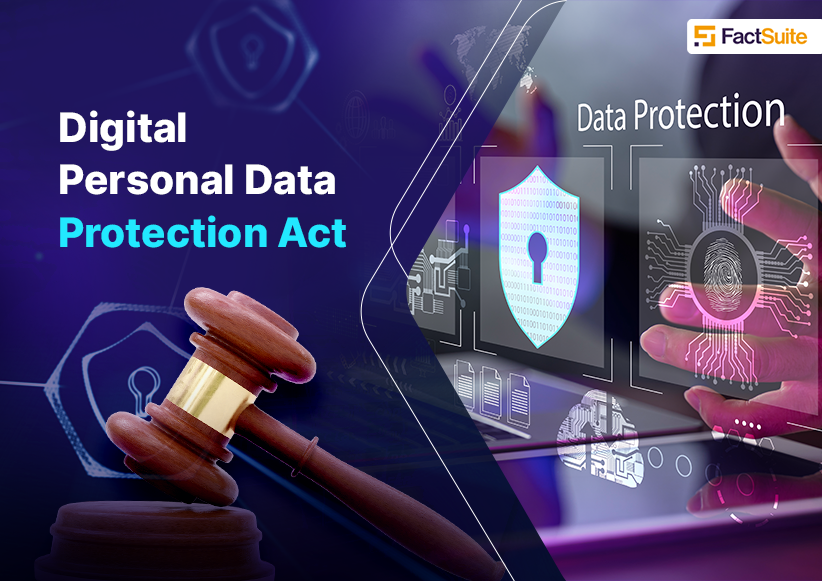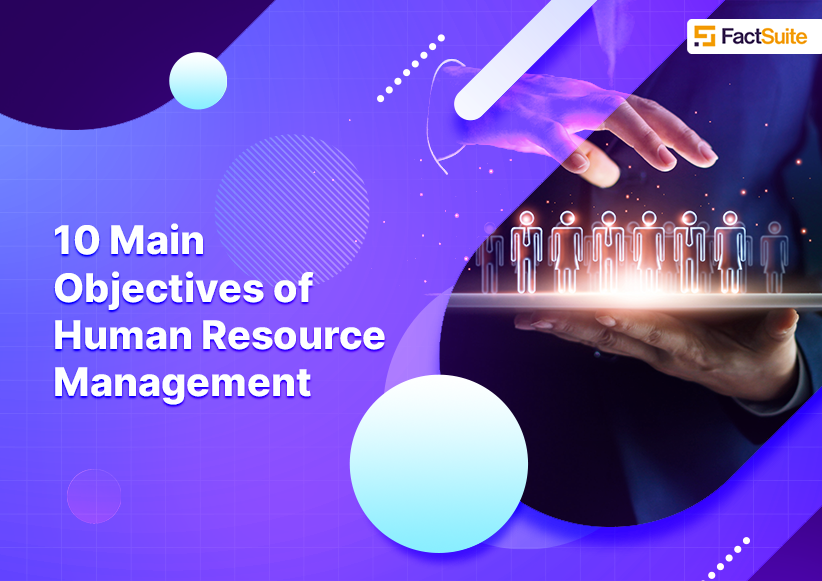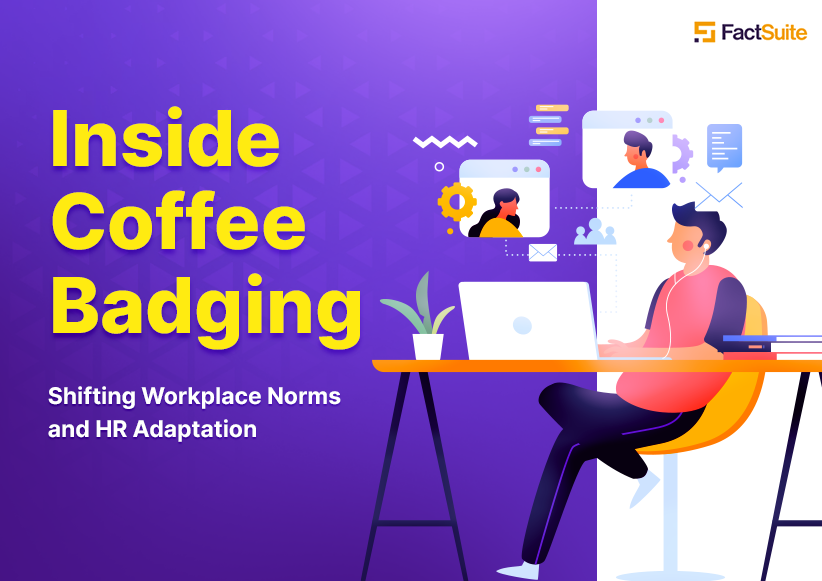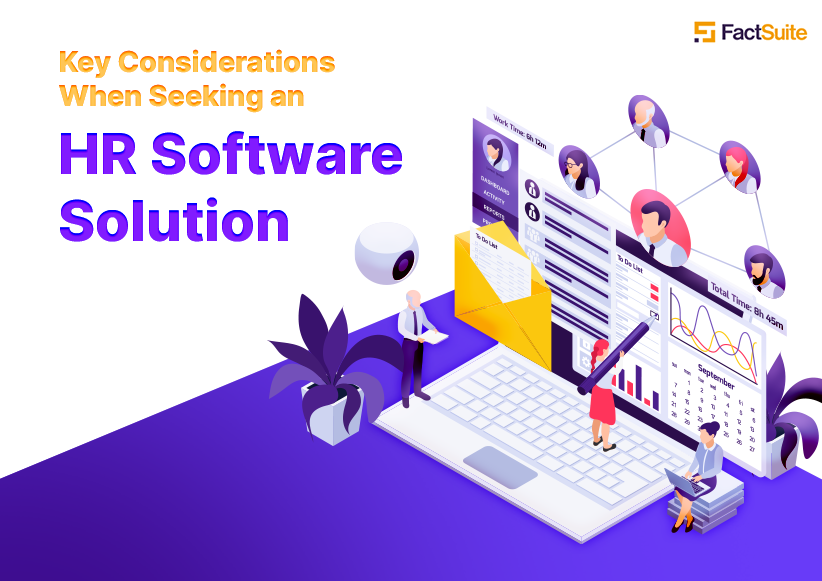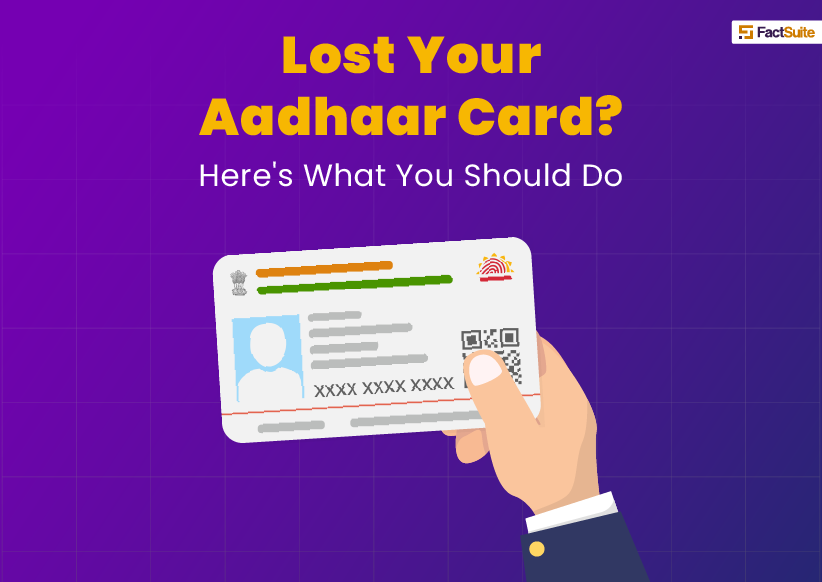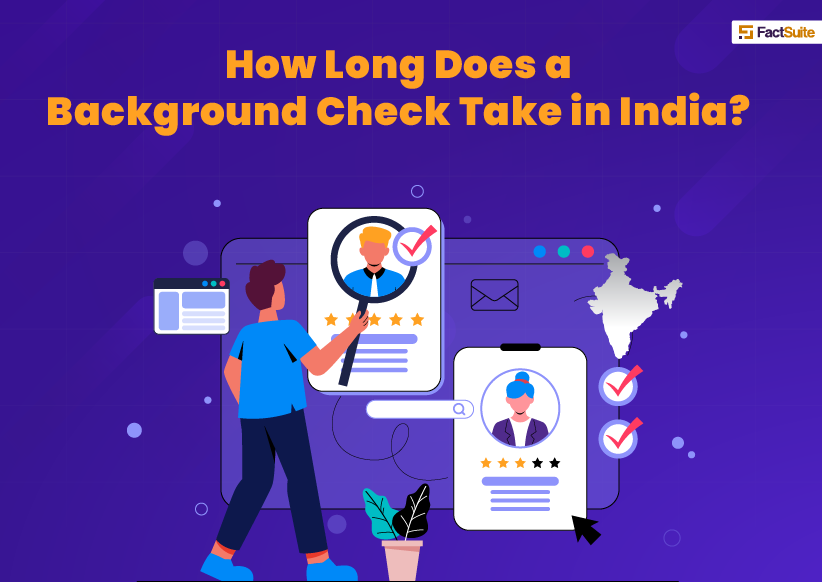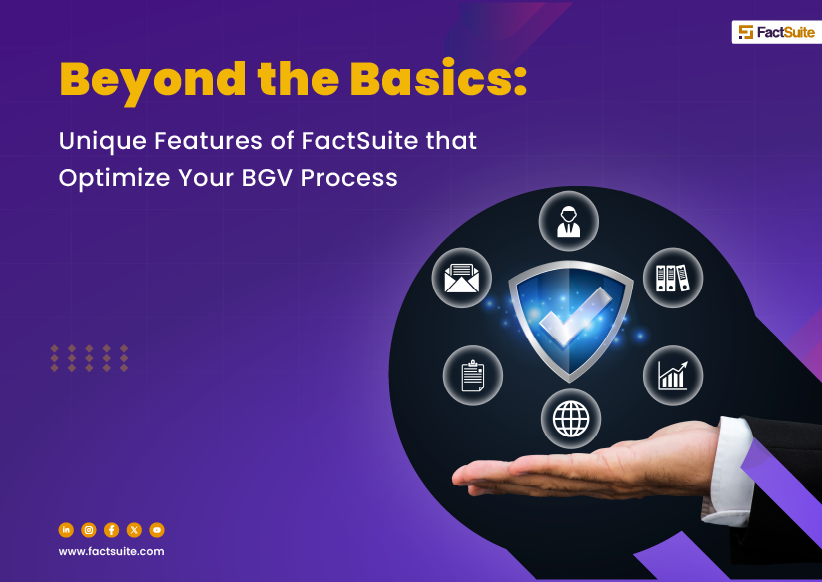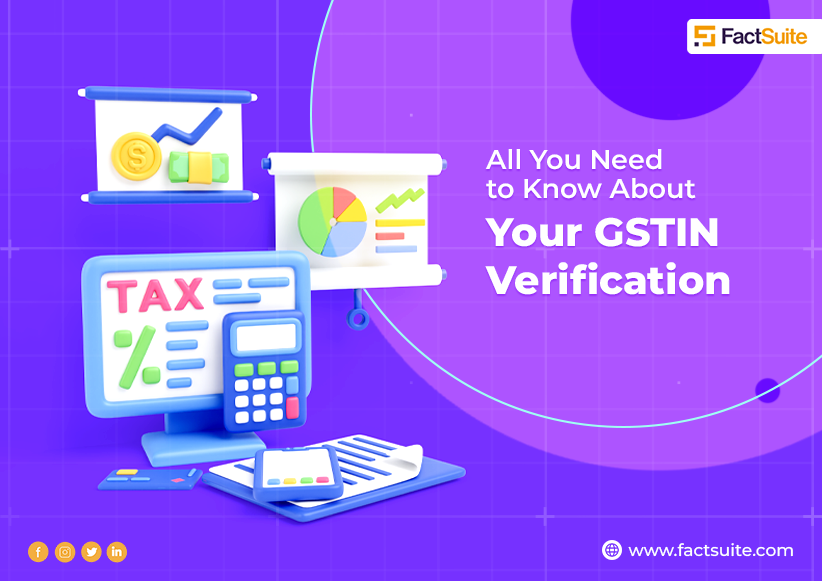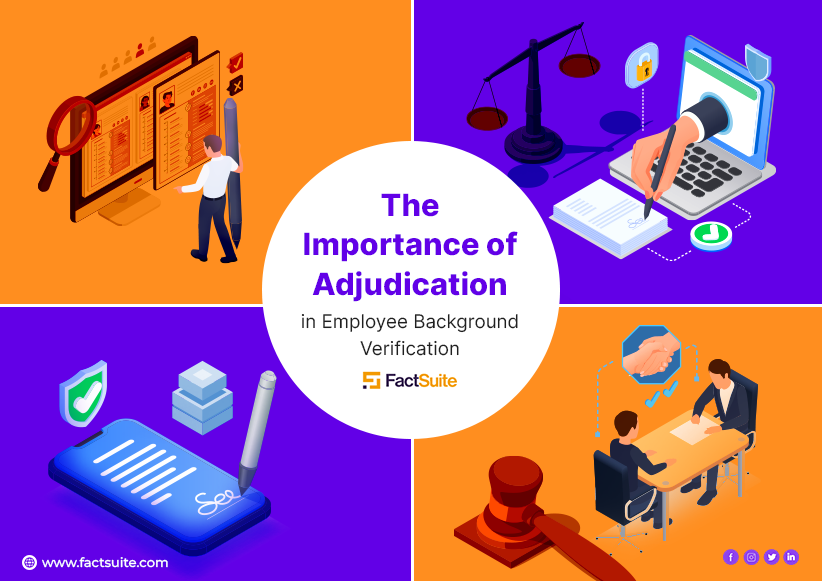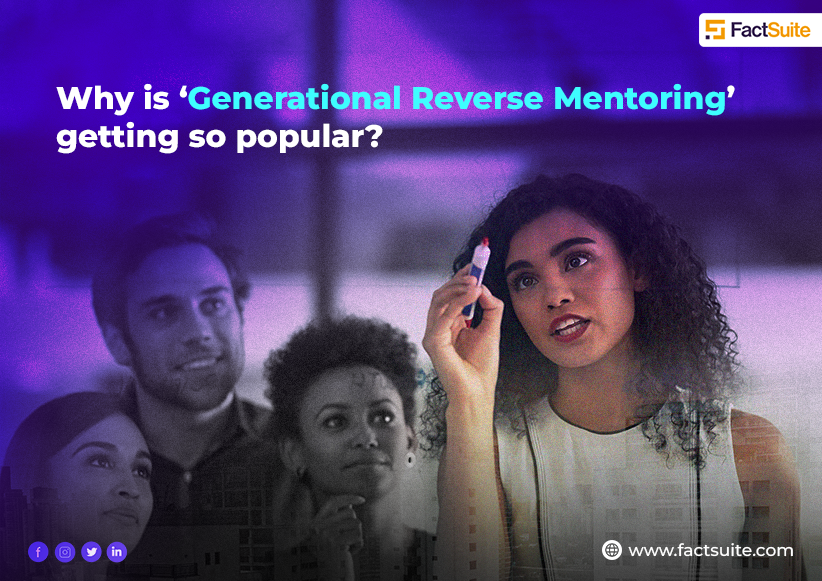What is Background Verification (BGV) & Why it’s Important?
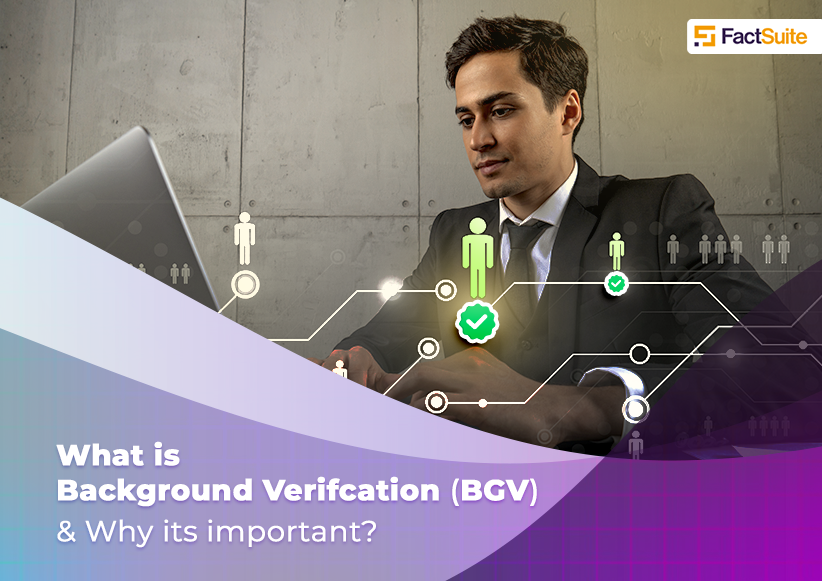
In today's fast-paced world, where interactions often happen at the click of a button, trust has become a valuable commodity. Be it in business, employment, or personal relationships, trust forms the foundation of our interactions. One crucial way to establish trust is through Background Verification (BGV). In this blog post, we'll explore what Background Verification is, BGV need and why it is essential. Let's dive in!
Table of Contents
1. What is Background Verification?
2. What does a background check consist of?
- Identity Check
- Address Check
- Education Check
- Employment Check
- Reference Check
- Global Database Check
- Drug Test
- Court/Criminal Record Check
- Credit History Check
- Health Check
- Sanctions Check
- Directorship Check
- Bankruptcy Check
3. Why is a background check necessary?
- Trust and Safety
- Risk Mitigation
- Compliance
- Protecting Reputations
- Quality Assurance
4. What all is checked in BGV?
5. Conclusion
What is Background Verification?
Background Verification, often abbreviated as BGV, is the process of thoroughly investigating and verifying an individual's history and credentials. BGV's importance is to provide a clear and honest account of a person's background, revealing any relevant information that might be pertinent to a decision, whether it's hiring an employee, selecting a business partner, or even forming personal relationships.
In the context of employee hiring, Background Verification (BGV) plays a pivotal role in ensuring that organizations make well-informed decisions when selecting candidates to join their workforce. It serves as a comprehensive due diligence process that extends beyond the candidate's resume and interview performance. When it comes to hiring, businesses have the BGV need to confirm the authenticity of the information provided by applicants and to assess their suitability for a particular role.
What does a background check consist of?
A typical background check can encompass a wide range of checks, depending on the purpose and the extent of the investigation. Here are some common elements:
-
Identity Check:
Identity checks verify the candidate's identity through official documents, ensuring that the person being considered is who they claim to be, reducing identity-related risks.
-
Address Check:
Address checks confirm the candidate's residential history, providing insights into their stability and mobility, which can be essential for various decision-making processes.
-
Education Check:
Educational checks validate the candidate's academic qualifications, such as degrees and certificates, ensuring they possess the necessary skills and knowledge for the job.
-
Employment Check:
Employment checks verify the candidate's work history, including job titles, responsibilities, and durations of employment, aiding in assessing their experience and suitability for the role.
-
Reference Check:
Reference checks involve speaking with the candidate's former employers, coworkers, and personal references to gain insights into their character, work ethics, and interpersonal skills.
-
Global Database Check:
Global database checks search for relevant information on a global scale, uncovering legal or financial issues in other countries that may impact the decision-making process.
-
Drug Test:
Drug tests assess the candidate's use of controlled substances, promoting a safe and drug-free work environment, particularly in safety-sensitive roles.
-
Court/Criminal Record Check:
Criminal record checks investigate an individual's past and current criminal history, helping to identify any convictions, arrests, or outstanding warrants.
-
Credit History Check:
Credit history checks evaluate a candidate's financial responsibility, especially important for roles with financial responsibilities and to gauge trustworthiness.
-
Health Check:
Health checks ensure that candidates meet the physical and mental health requirements necessary for specific roles, maintaining safety and performance standards.
-
Sanctions Check:
Sanctions checks determine if the candidate is subject to any sanctions or disciplinary actions imposed by regulatory authorities, ensuring compliance and suitability.
-
Directorship Check:
Directorship checks confirm any directorships held by the candidate in other organizations, which can reveal potential conflicts of interest and availability for the role.
-
Bankruptcy Check:
Bankruptcy checks assess a candidate's financial history for bankruptcy proceedings or insolvency issues, offering insights into their financial stability and responsibility.
Why is a background check necessary?
BGV’s importance in the decision-making process stands for a variety of situations, and it plays a fundamental role for several reasons:
-
Trust and Safety:
In a world where identity theft, fraud, and deception are rampant, background verification helps establish trust and safety. It provides a means to verify the authenticity of an individual's identity and their claims, such as education, work history, and criminal record. This, in turn, enhances personal and professional safety by reducing the likelihood of interacting with deceitful or untrustworthy individuals.
-
Risk Mitigation:
Whether you are hiring an employee, renting a property, or forming a partnership, conducting checks of BGV can reveal potential risks associated with the individual or entity in question. By uncovering any red flags or inconsistencies in their background, you can make informed decisions. This process significantly reduces the chances of encountering unforeseen problems, such as hiring an employee with a history of unethical behavior or entering into a business partnership with someone who has financial troubles.
-
Compliance:
In certain industries and roles, checks of BGV may be legally mandated. This is done to ensure public safety and security, as well as to meet the requirements of specific regulations. For example, government positions and jobs that involve working with vulnerable populations often require thorough background checks to ensure that those in these roles do not pose a risk to the public. Compliance with these regulations is essential to maintain the integrity of these positions and protect society.
-
Protecting Reputations:
Employers and organizations need to safeguard their reputation. Hiring individuals with the right qualifications and without a history of unethical behavior is critical to preserving the image and trustworthiness of a company. Conducting checks of BGV on potential employees helps ensure that the individuals being hired align with the values and standards of the organization. This, in turn, minimizes the risk of public scandals or damage to the organization's reputation.
-
Quality Assurance:
For businesses, verifying the credentials and background of potential partners or employees ensures the quality of the partnership or workforce. By confirming the qualifications and suitability of individuals, organizations can enhance the quality of their products, services, and overall operations. This helps maintain a high standard of performance, which is essential for success and competitiveness in various industries.
What all is checked in BGV?
Background Verification (BGV) is a crucial process in today's world, designed to provide individuals and organizations with a clear and honest account of an individual's background. It plays a pivotal role in decision-making processes, whether it's hiring an employee, forming business partnerships, or even entering into personal relationships, BGV needs include a wide range of checks to ensure authenticity and suitability.
Checks of BGV encompass several key areas, starting with identity verification, which confirms that the individual is who they claim to be, reducing identity-related risks. It also involves address verification to understand residential history and education verification to validate academic qualifications. Employment history checks assess the work experience, while reference checks provide insights into an individual's character and work ethics. Criminal record checks reveal any past convictions or legal issues, and credit history checks evaluate financial responsibility. Global database searches uncover information from around the world, while drug tests promote a safe working environment. Health checks ensure candidates meet specific role requirements, and sanctions checks ensure regulatory compliance. Directorship checks reveal potential conflicts of interest, and bankruptcy history checks assess financial stability.
The importance of BGV lies in its role in establishing trust, mitigating risks, ensuring compliance, protecting reputations, and maintaining quality standards in decision-making processes. Whether you are an employer seeking the right candidate, a business looking for a reliable partner, or an individual forming personal connections, Background Verification is an essential tool for making well-informed choices in an increasingly complex and interconnected world.
Conclusion
The primary purpose of BGV is to provide a transparent and honest account of an individual's history and credentials, extending beyond the surface-level details often presented in resumes and interviews. Trust and safety are paramount in a world filled with identity theft and deception. BGV enhances personal and professional safety, acts as a robust risk mitigation tool, and is often legally mandated in industries involving public safety and vulnerable populations. It safeguards reputations by ensuring organizations hire candidates with the right qualifications and ethical backgrounds. In a rapidly evolving and interconnected world, BGV need is an indispensable instrument for making well-informed decisions, promoting trust, and safeguarding against risks.
